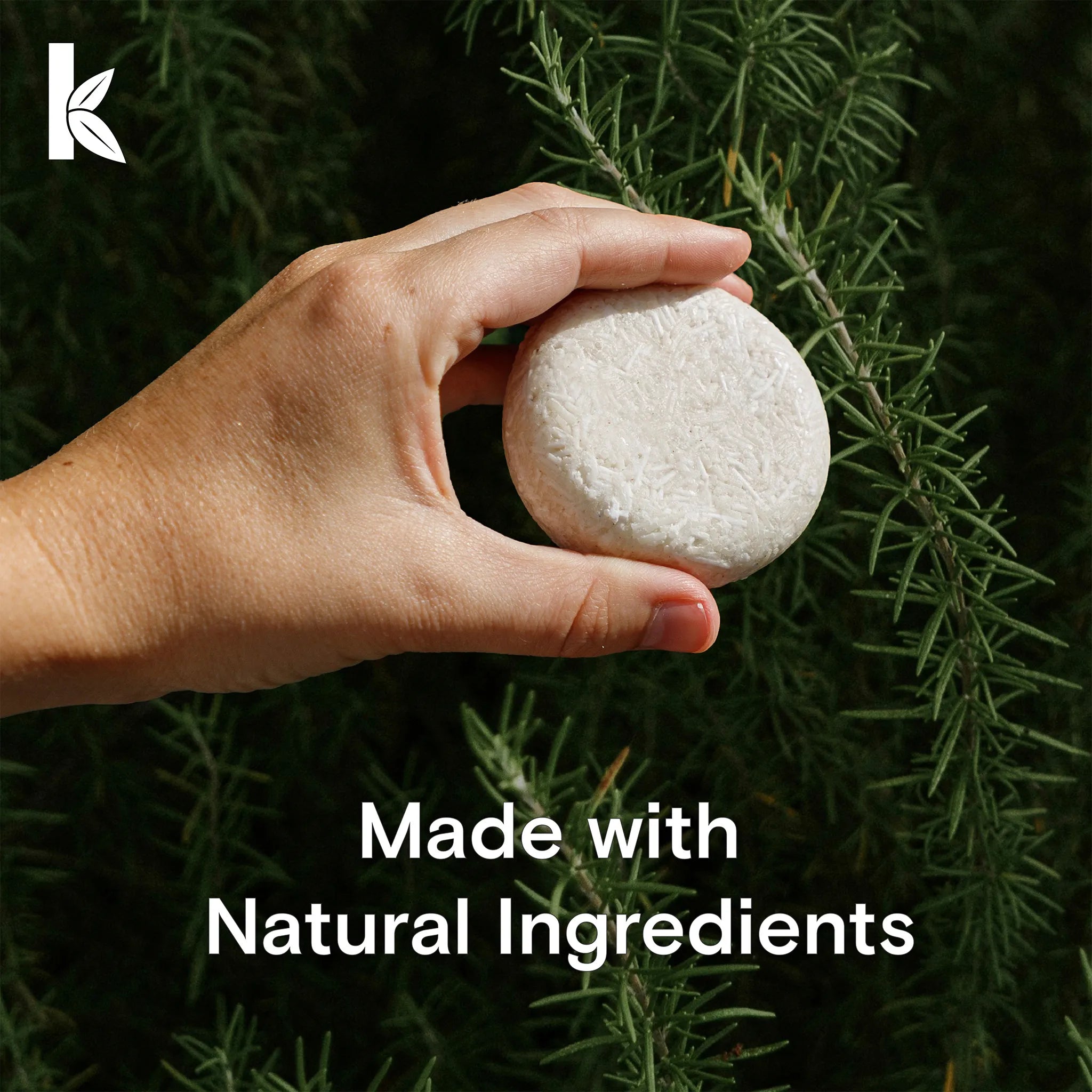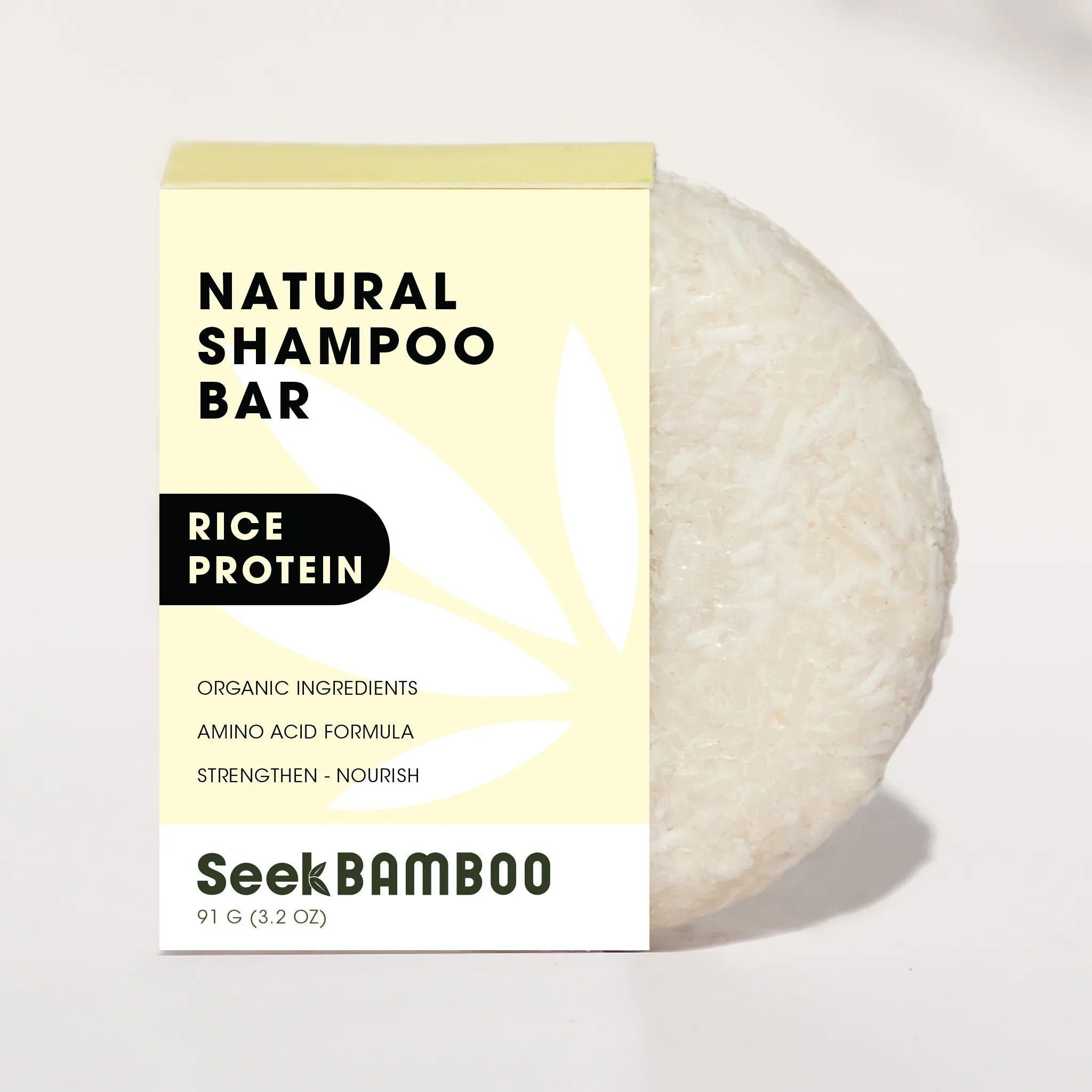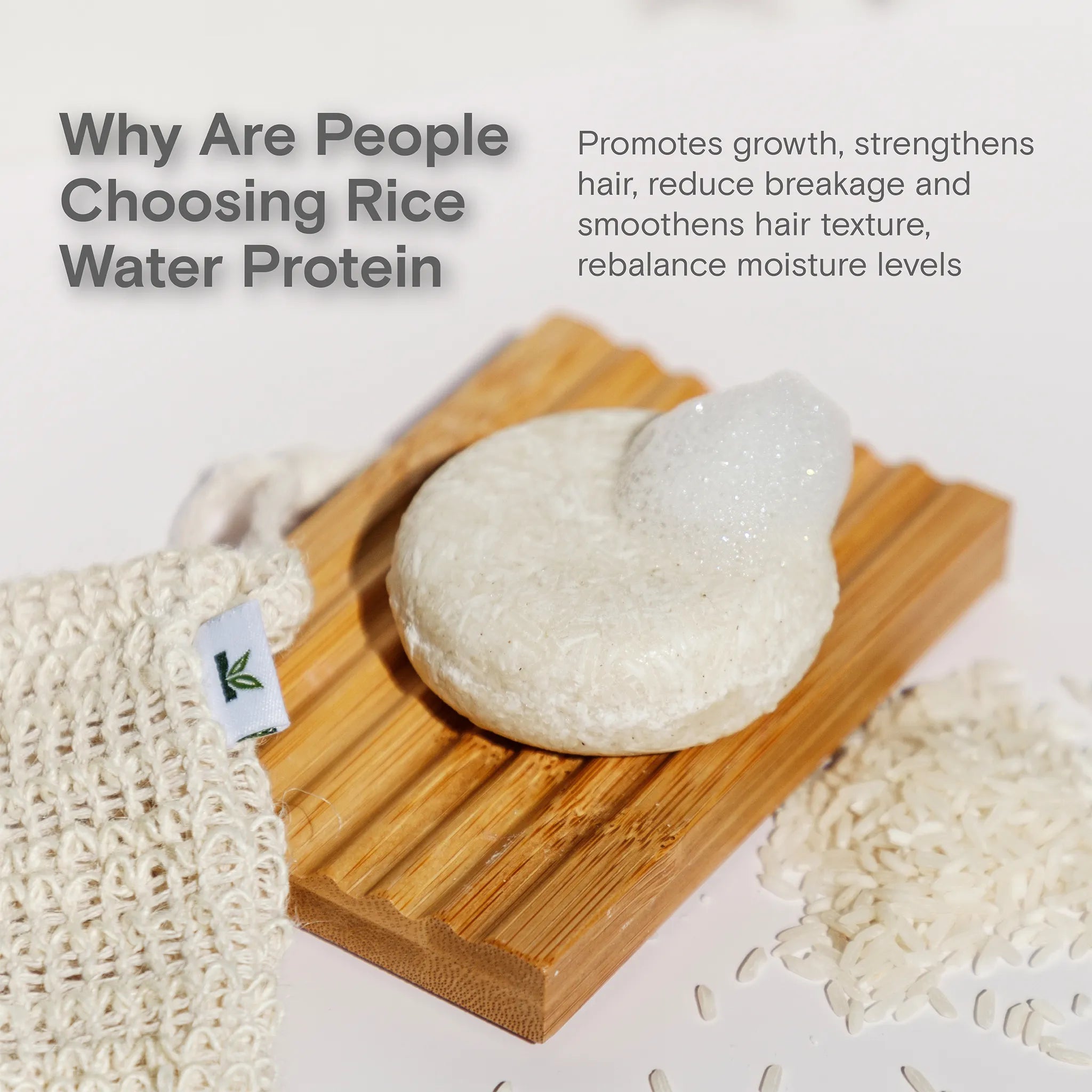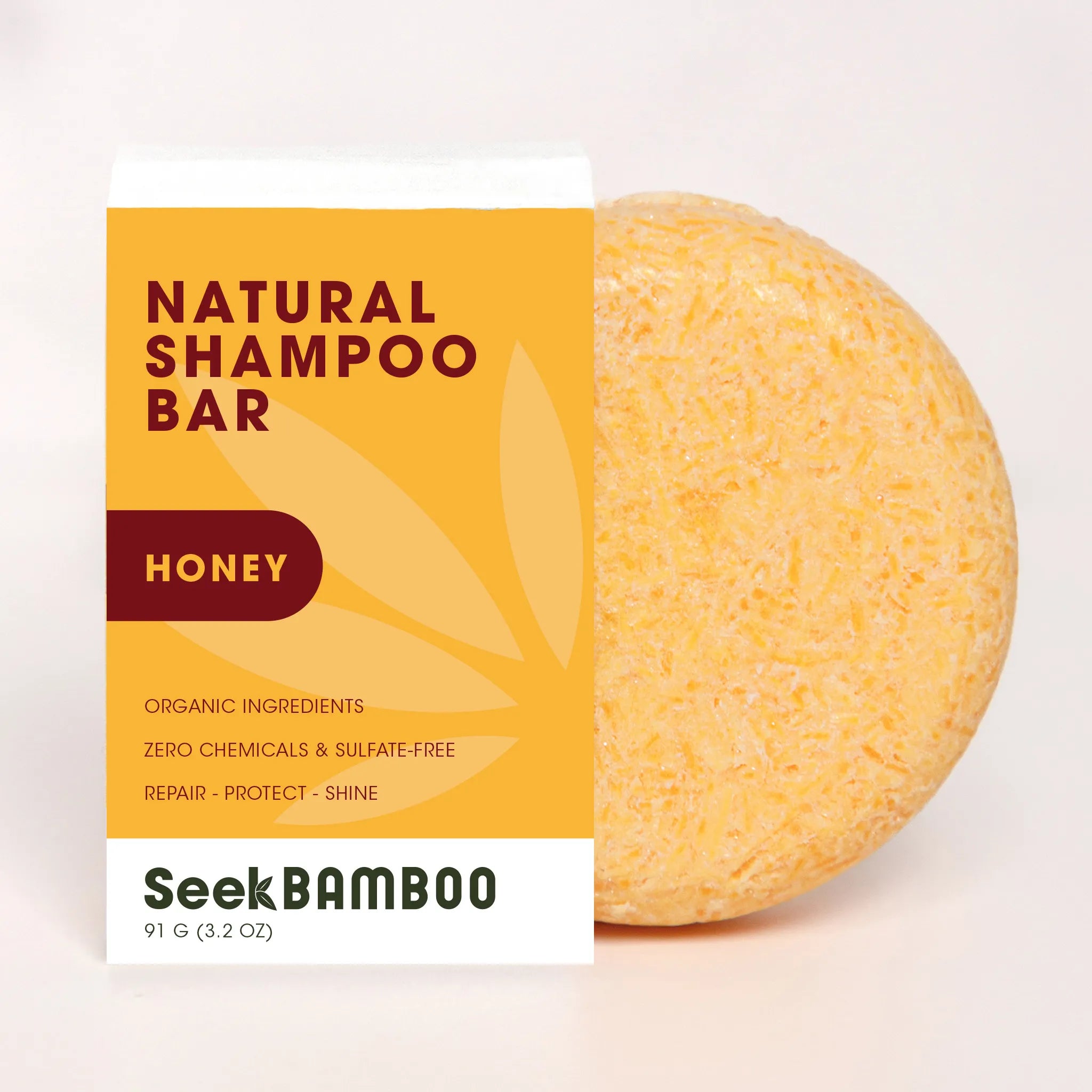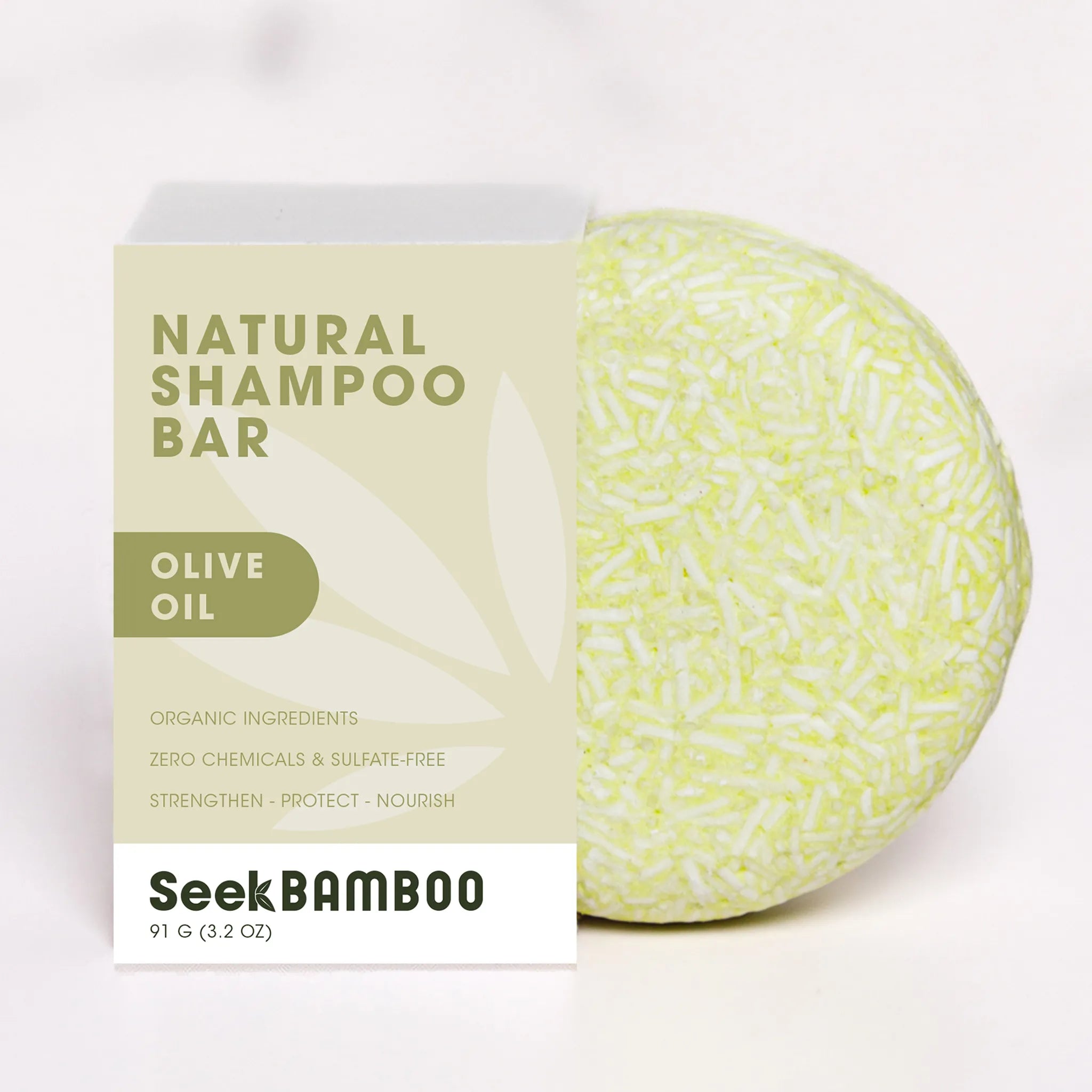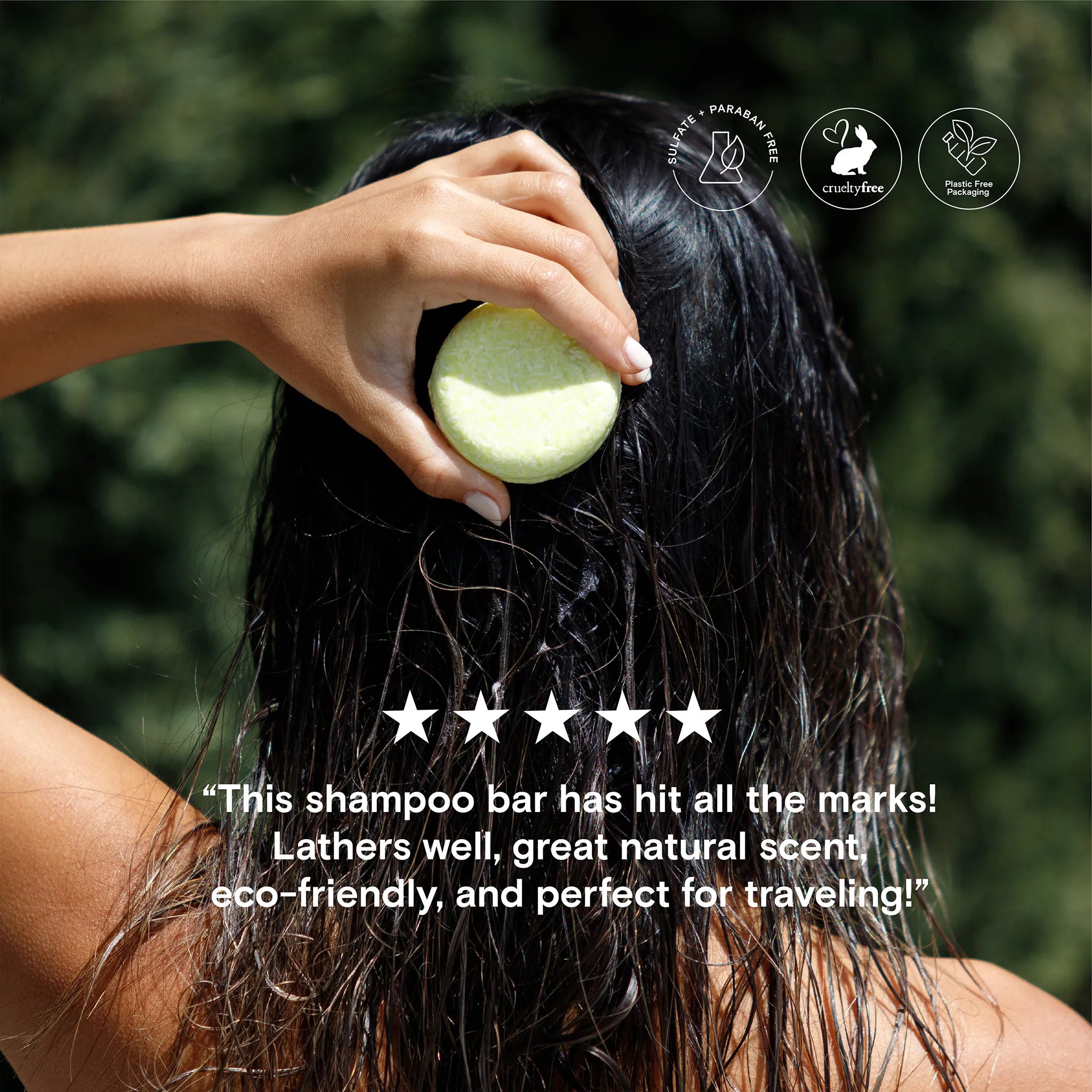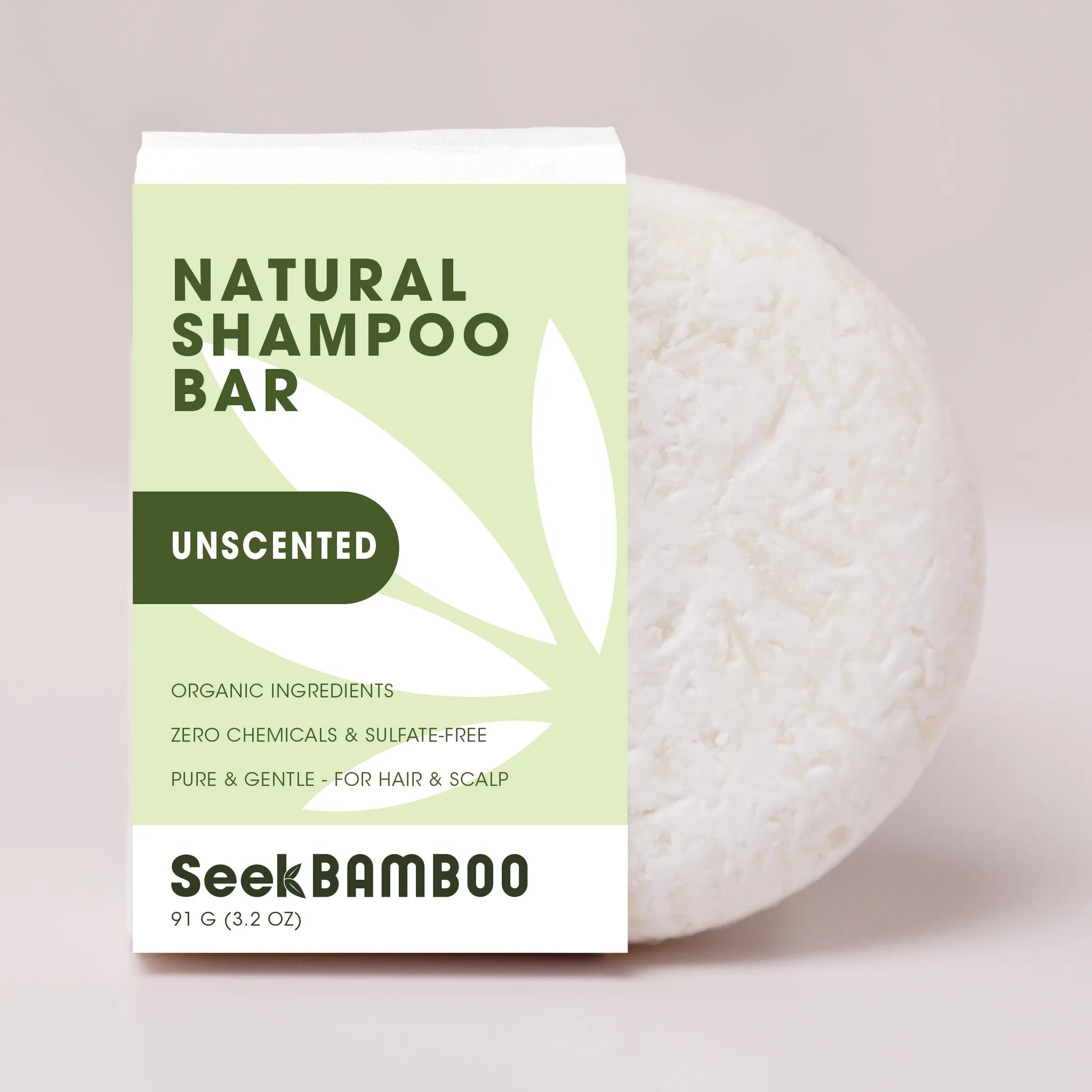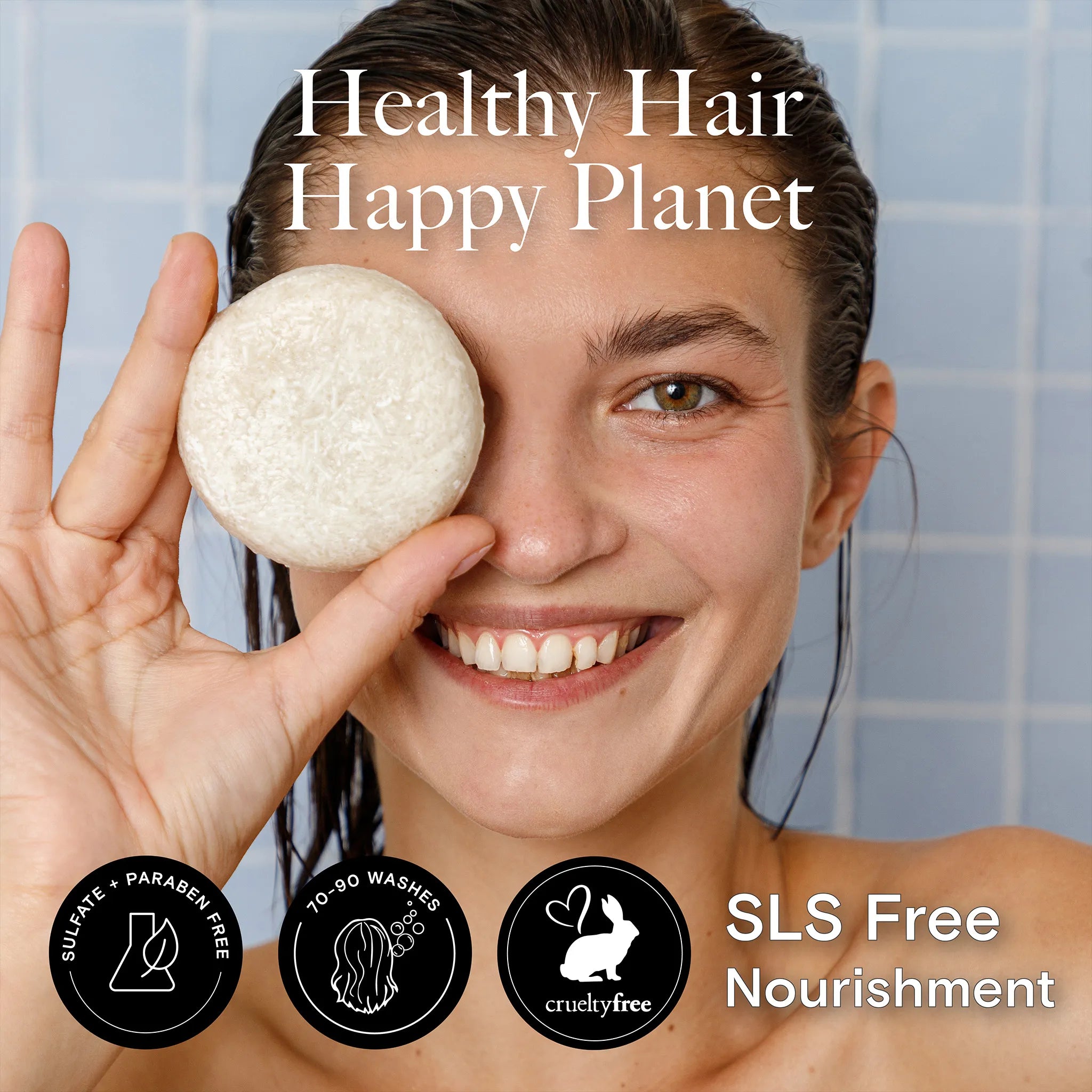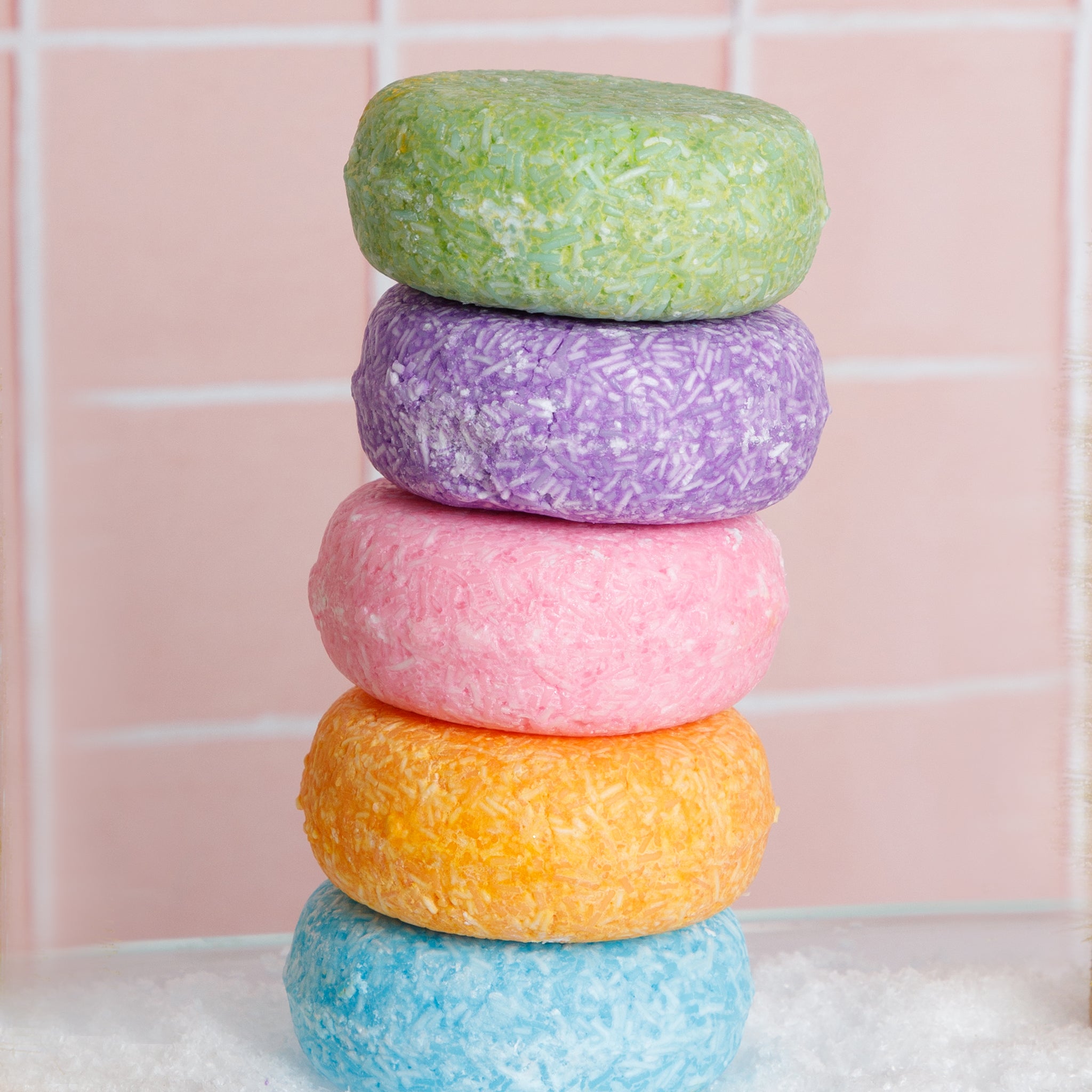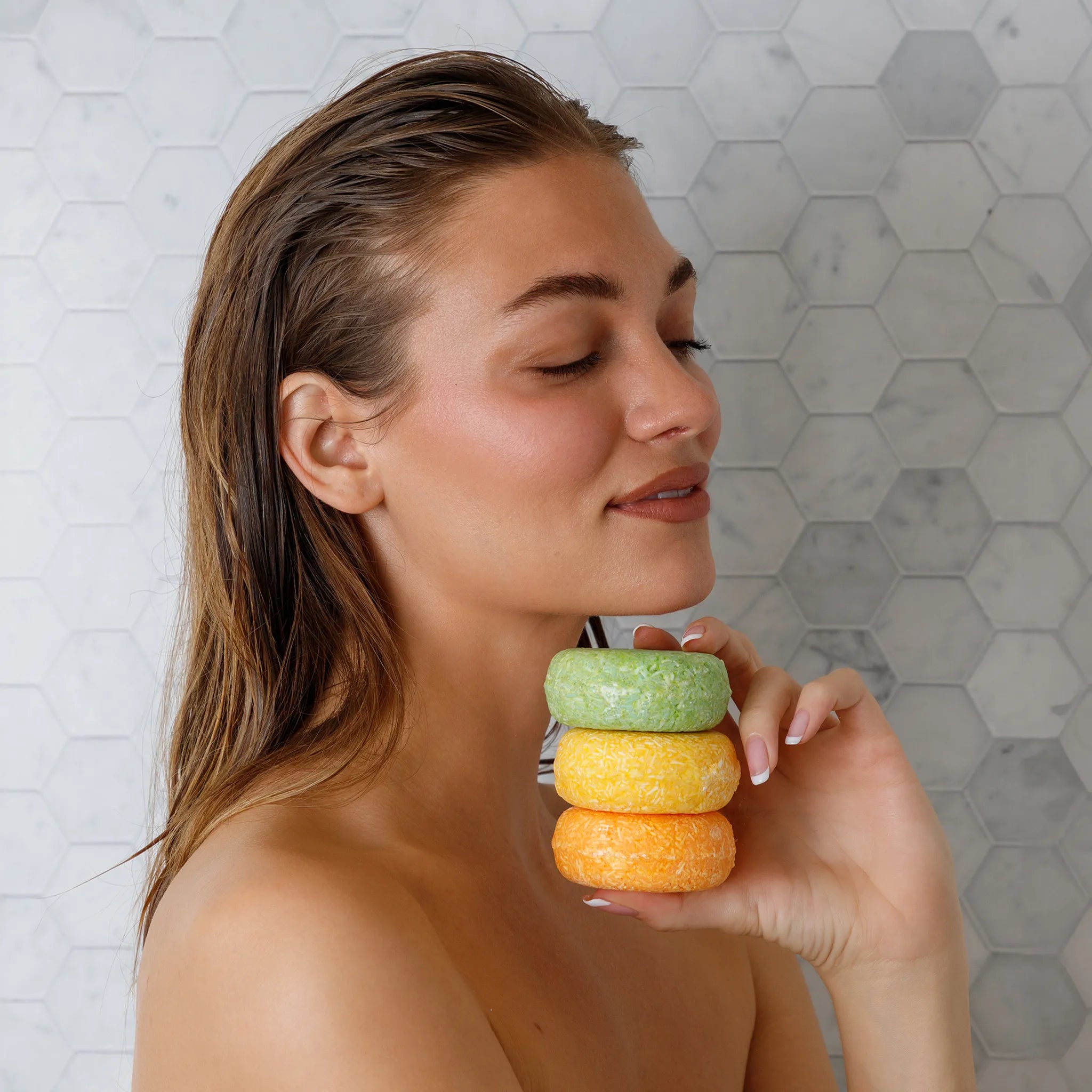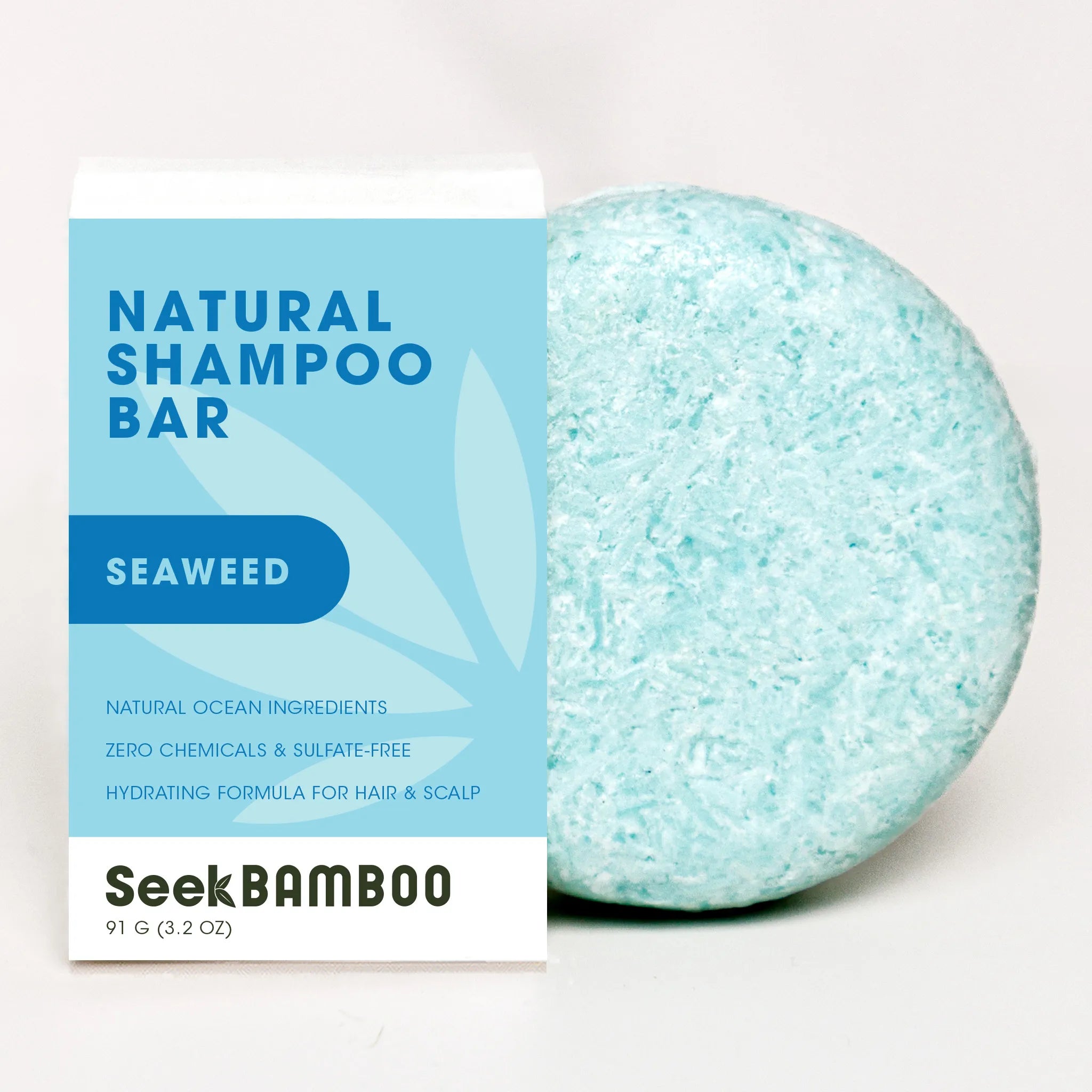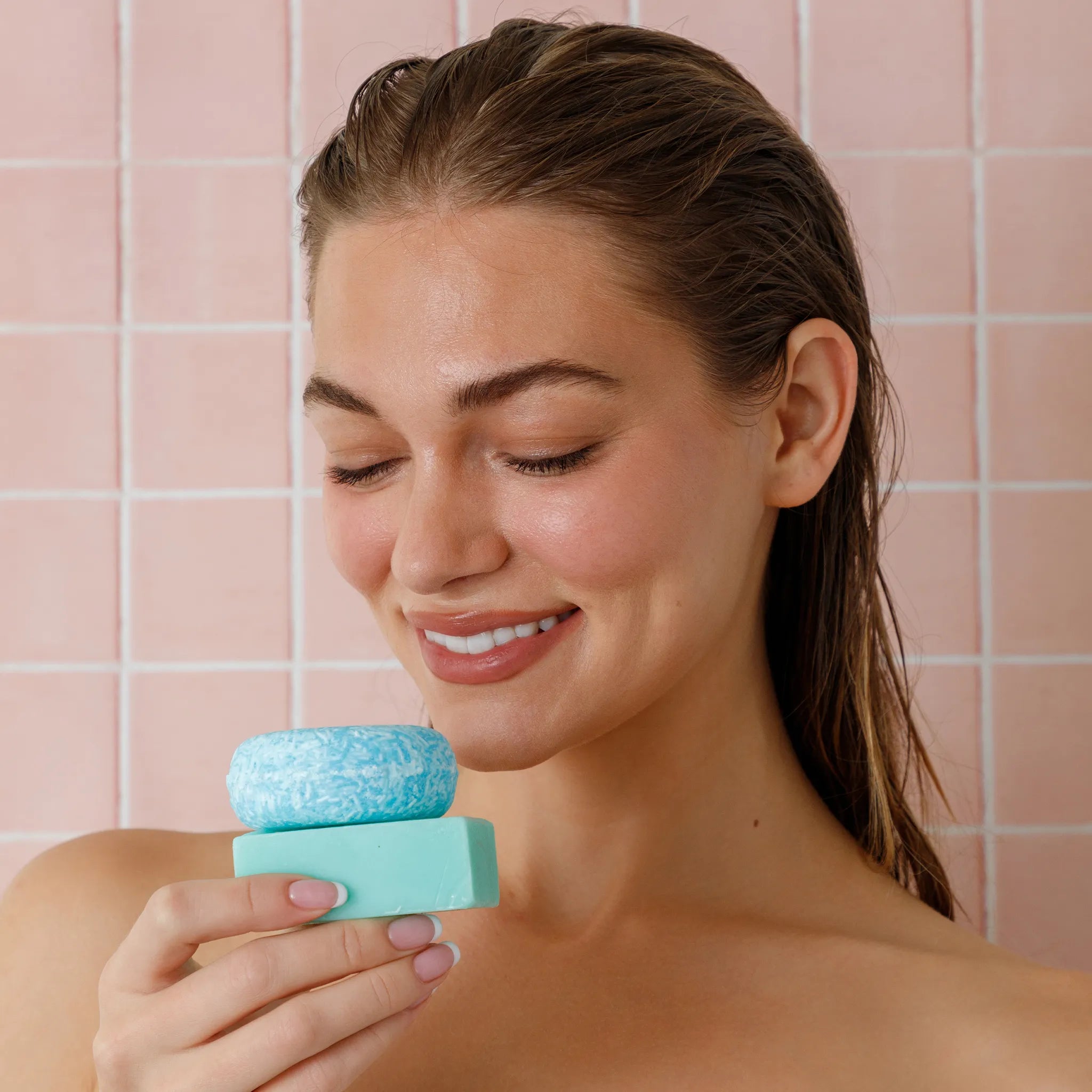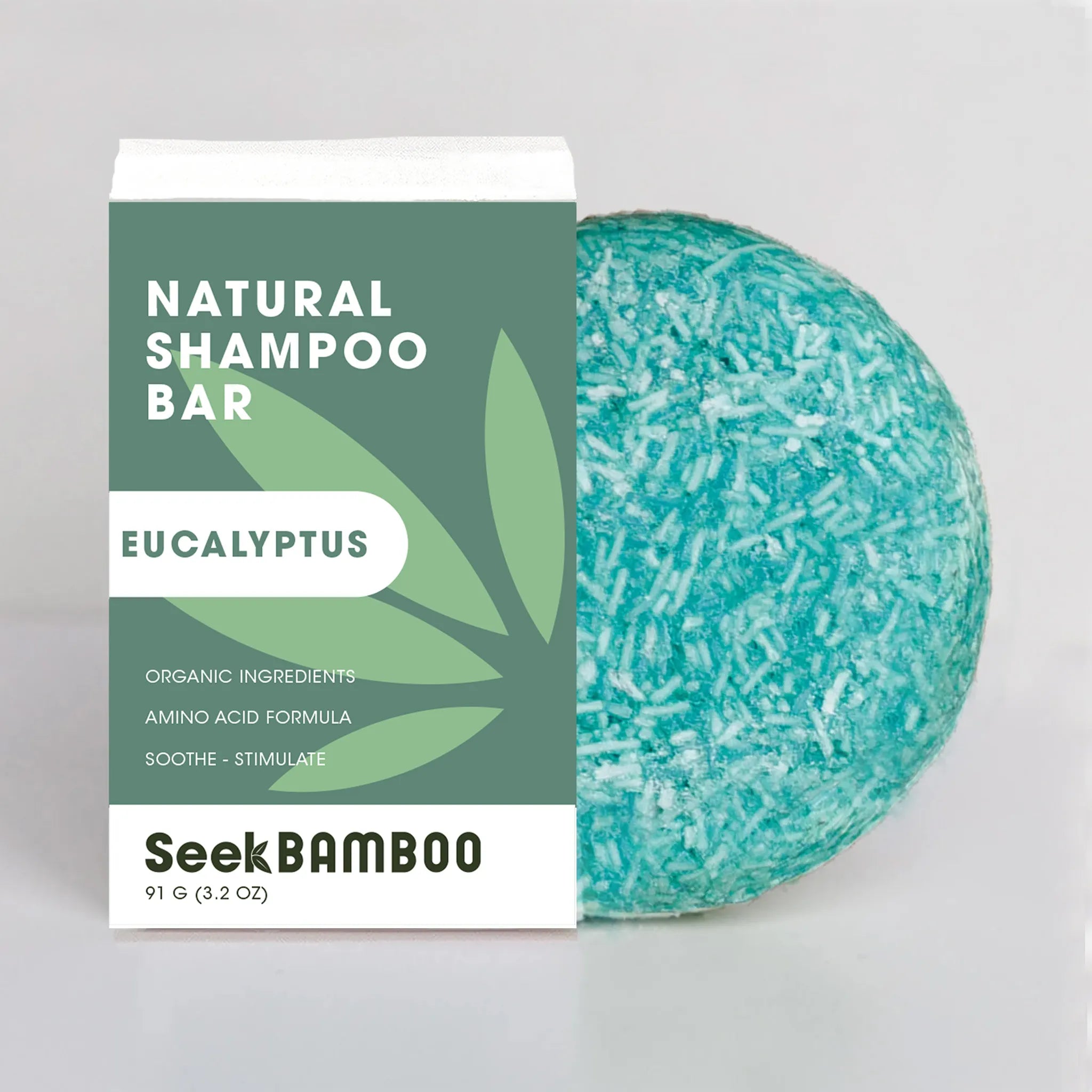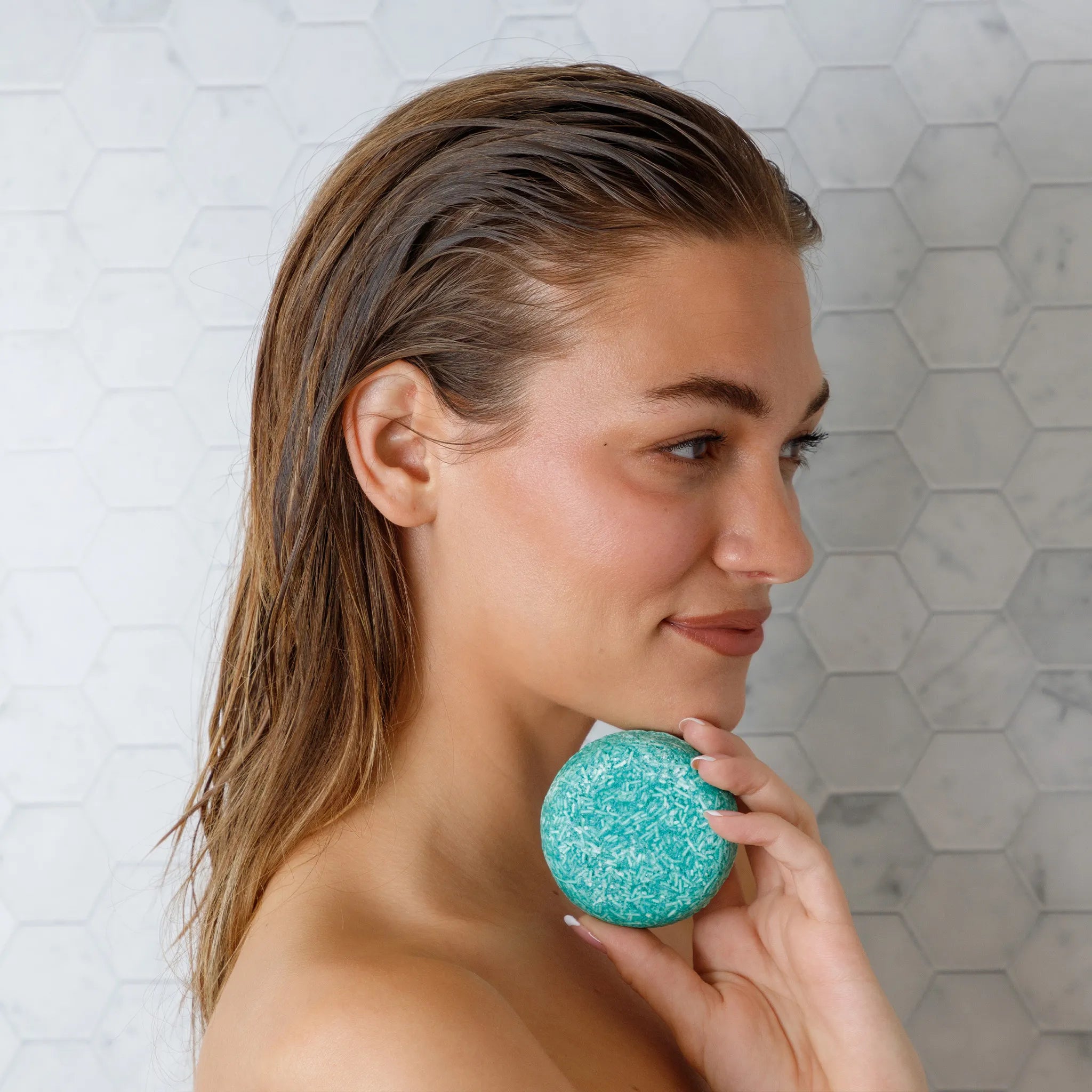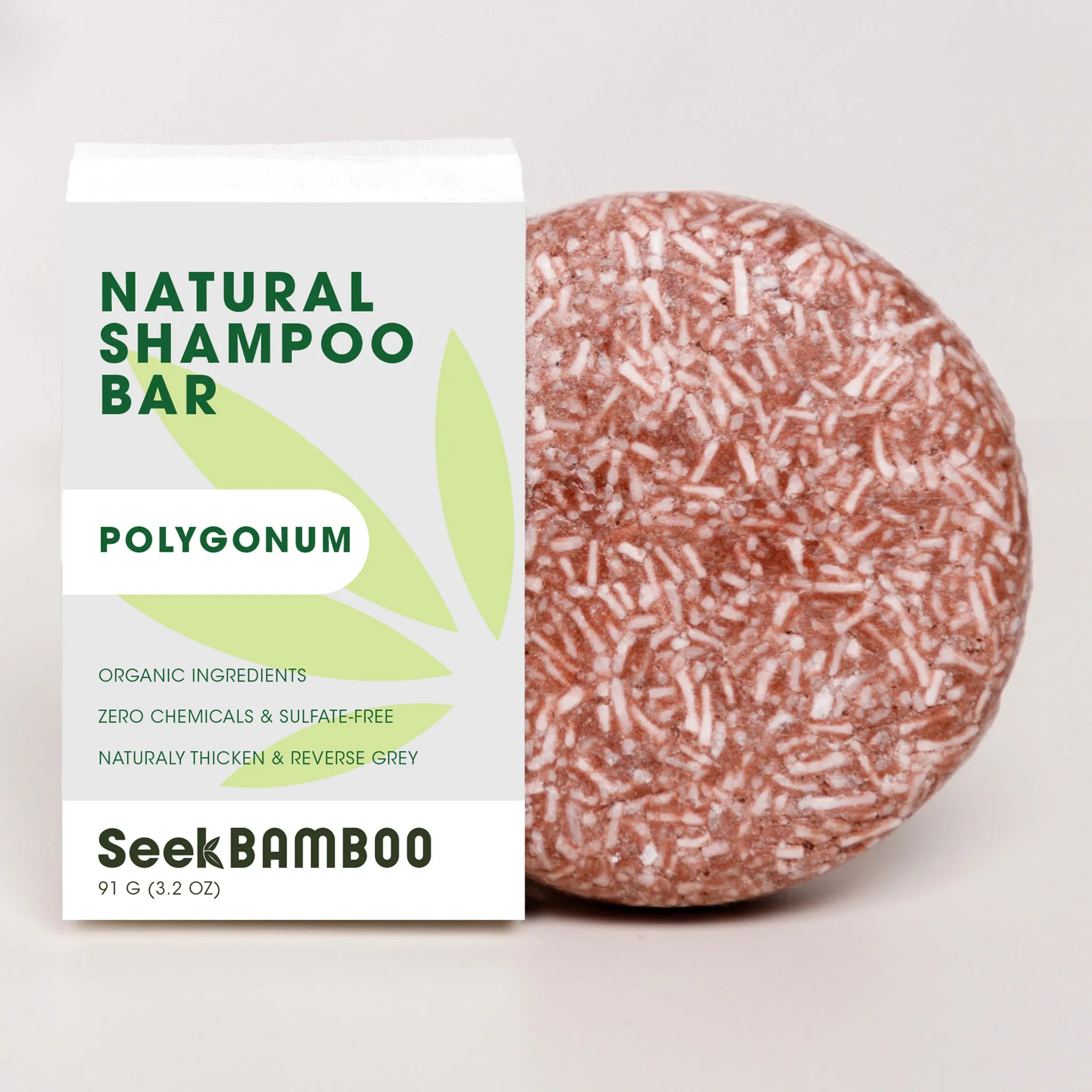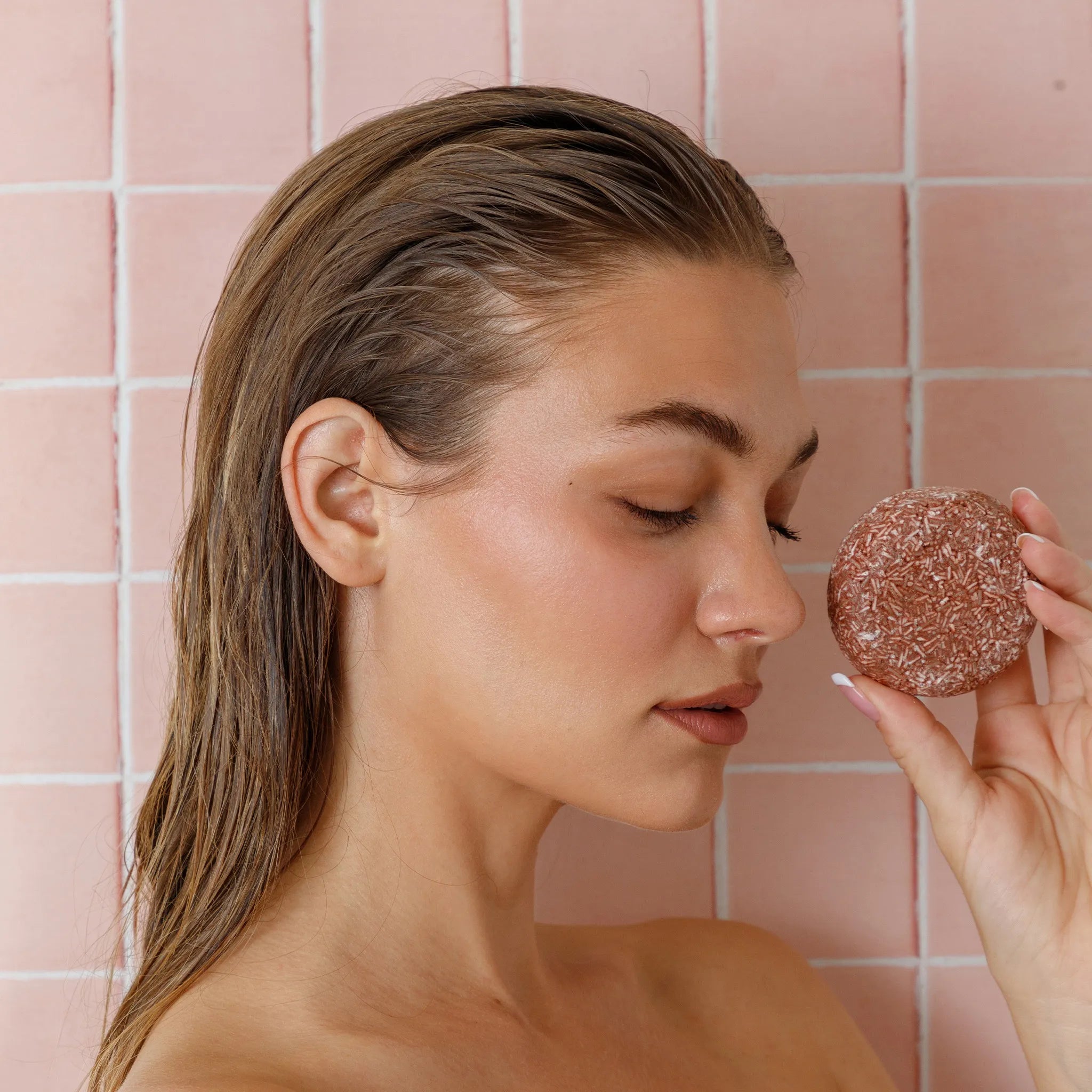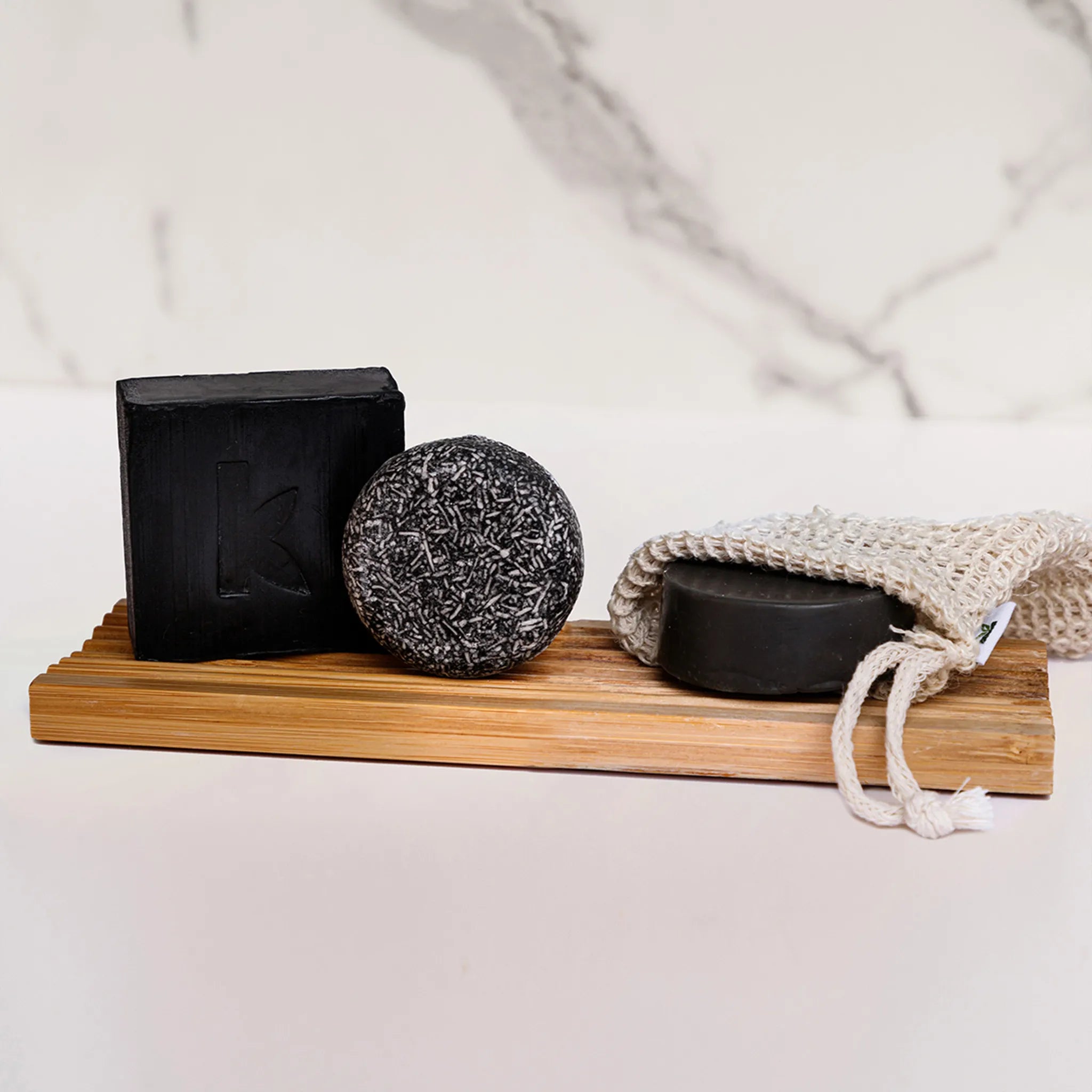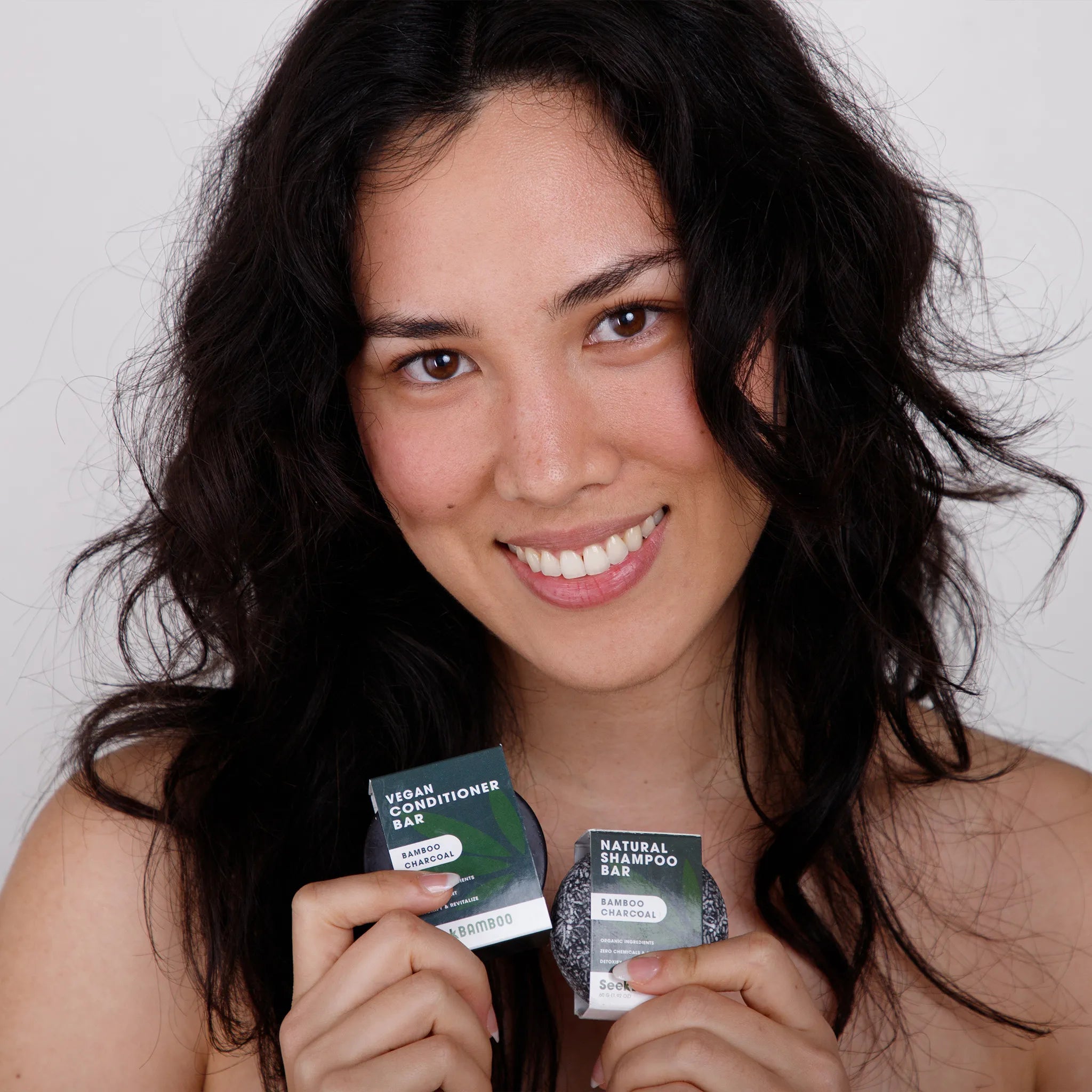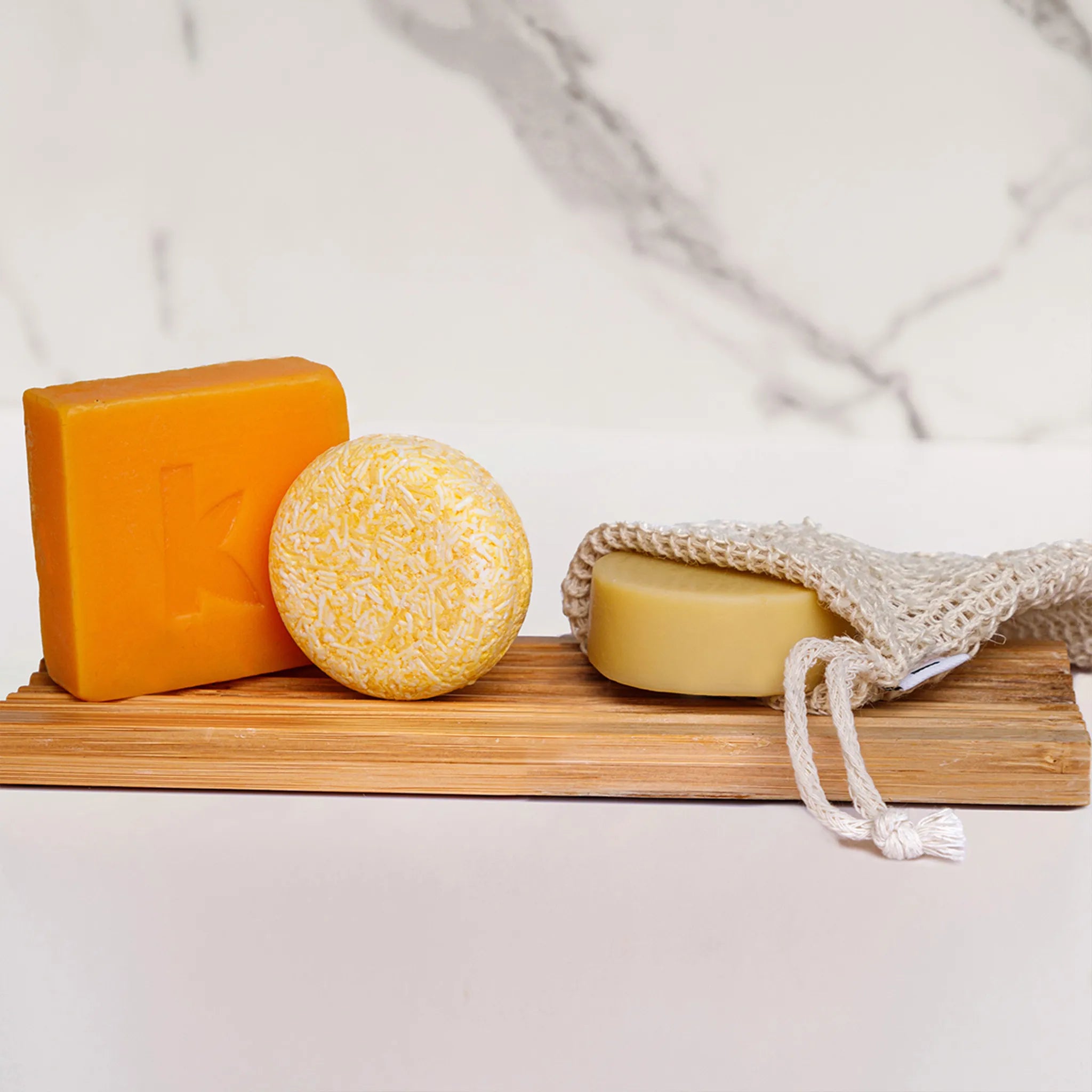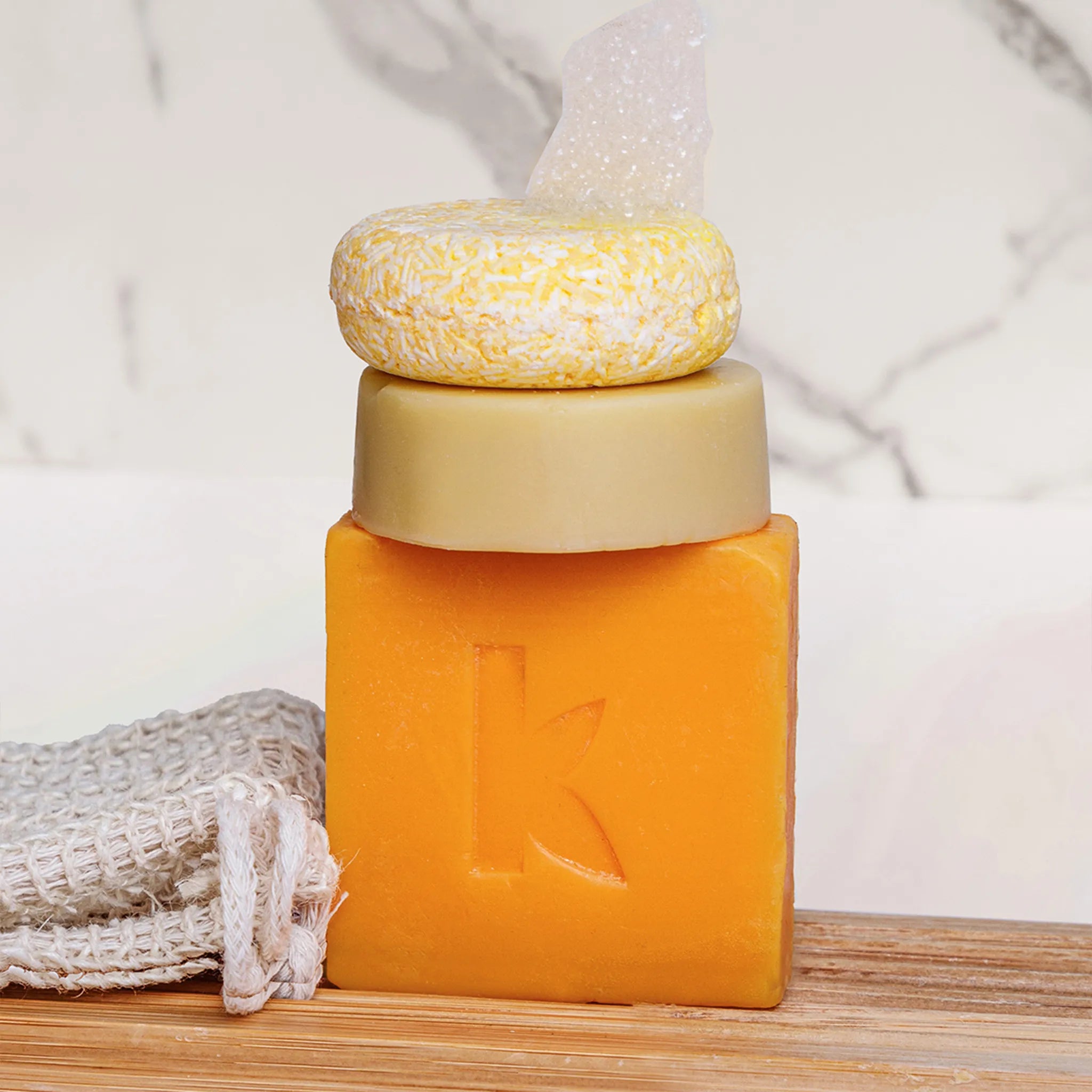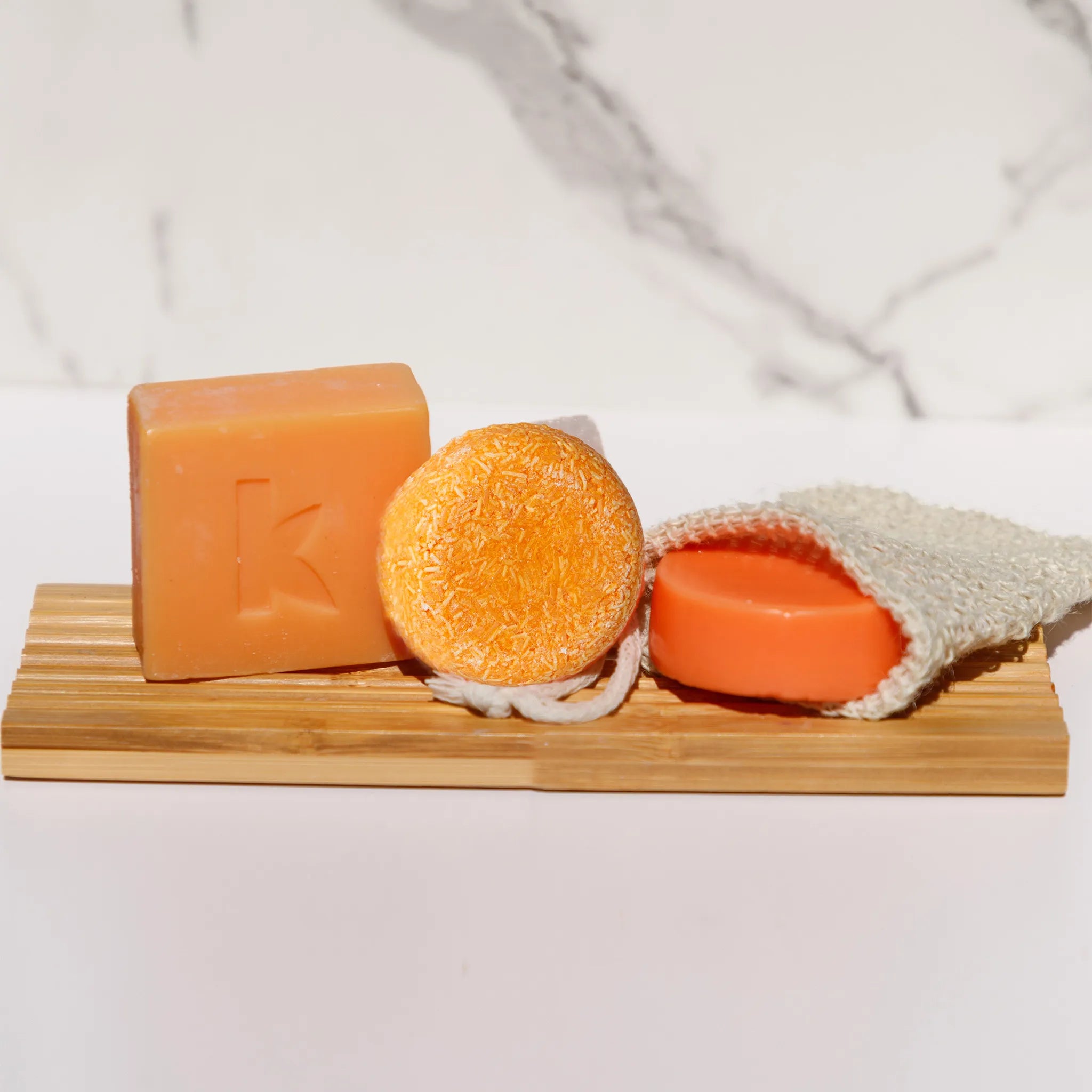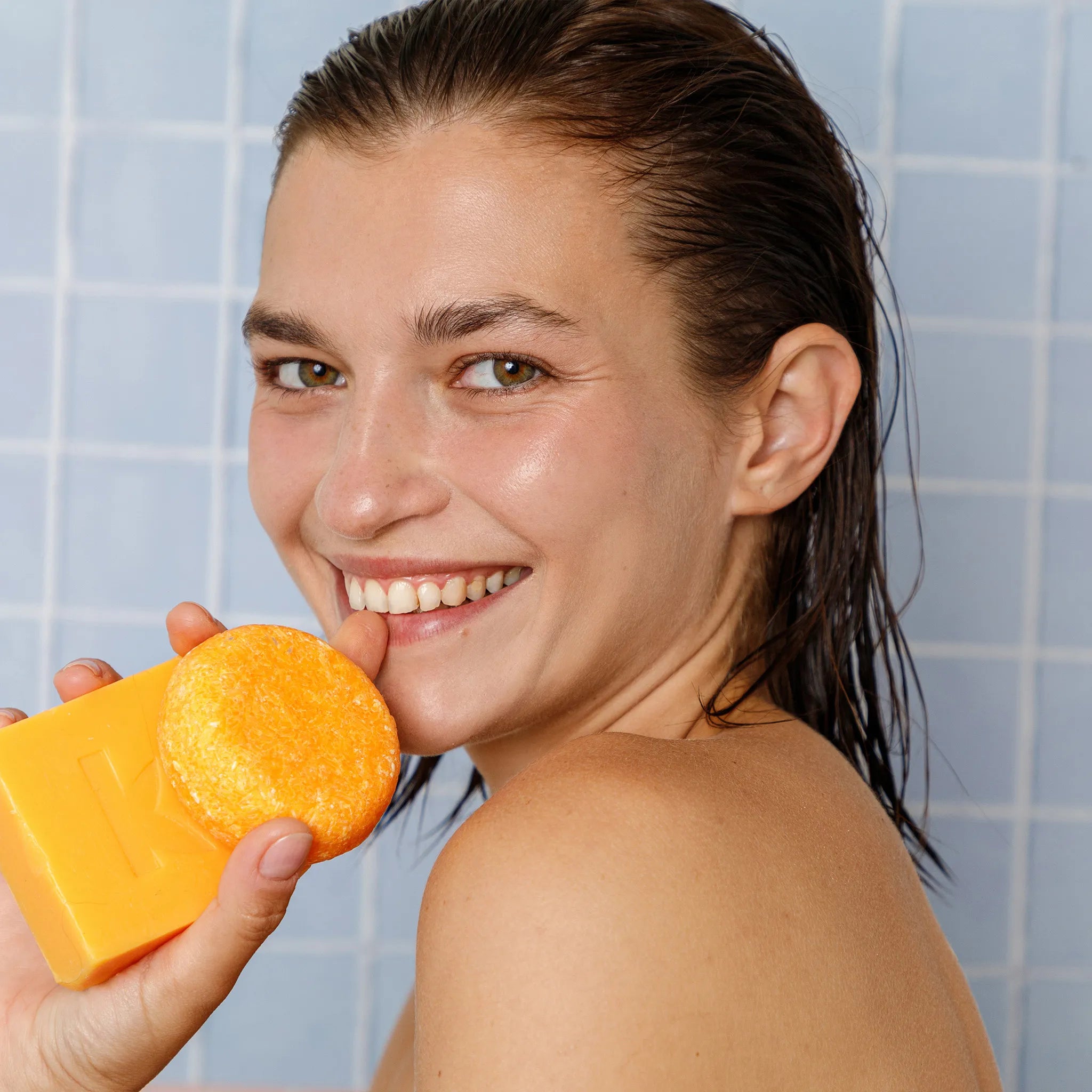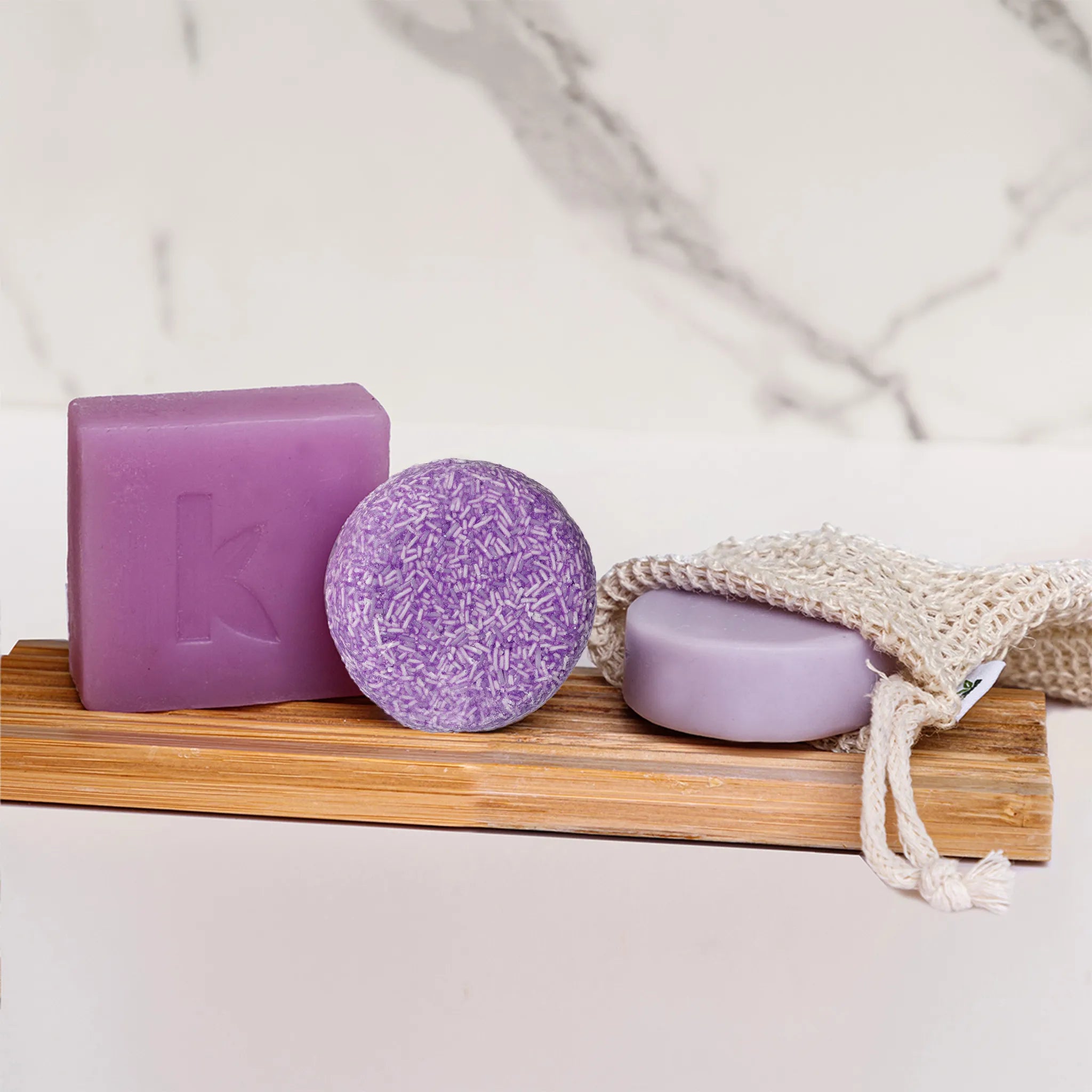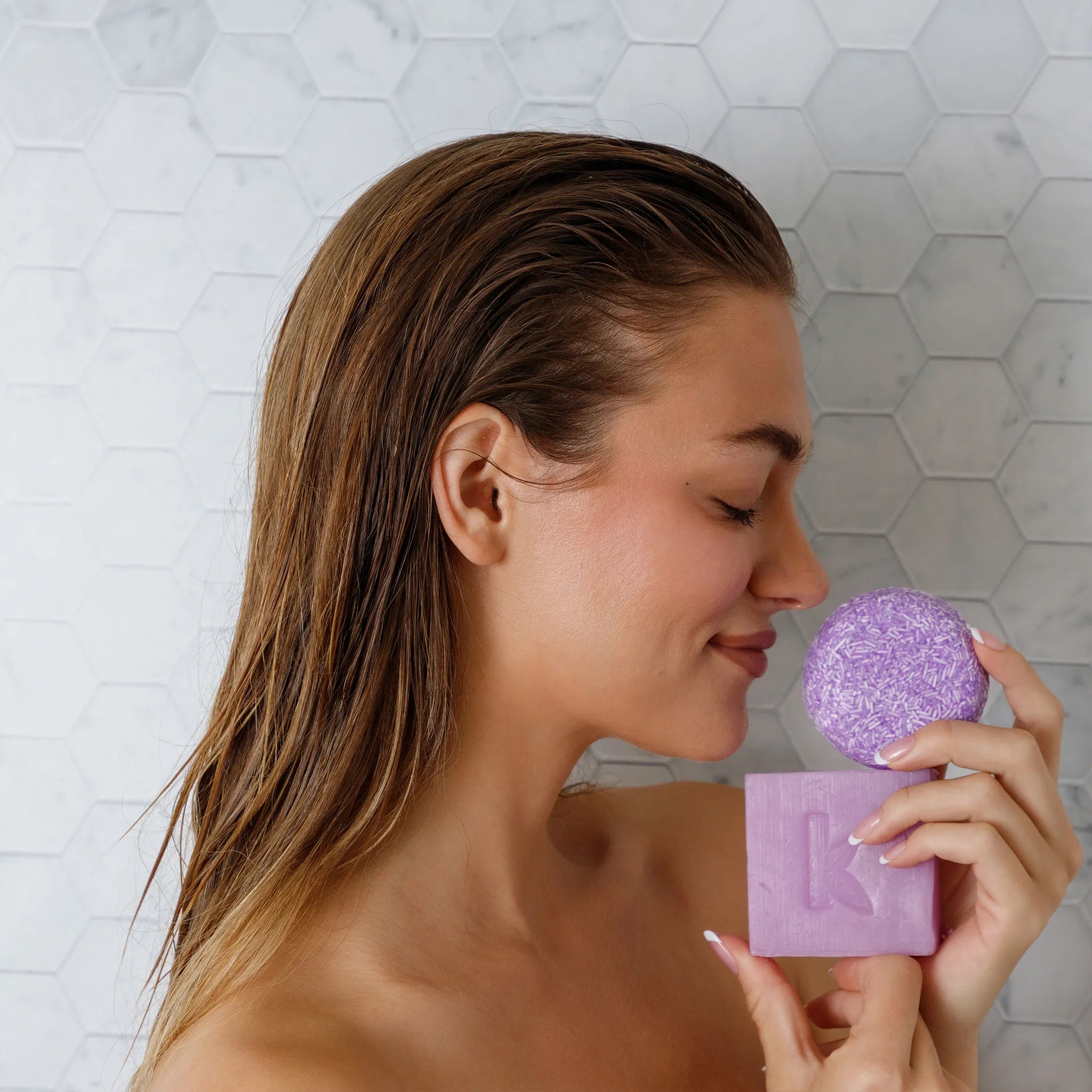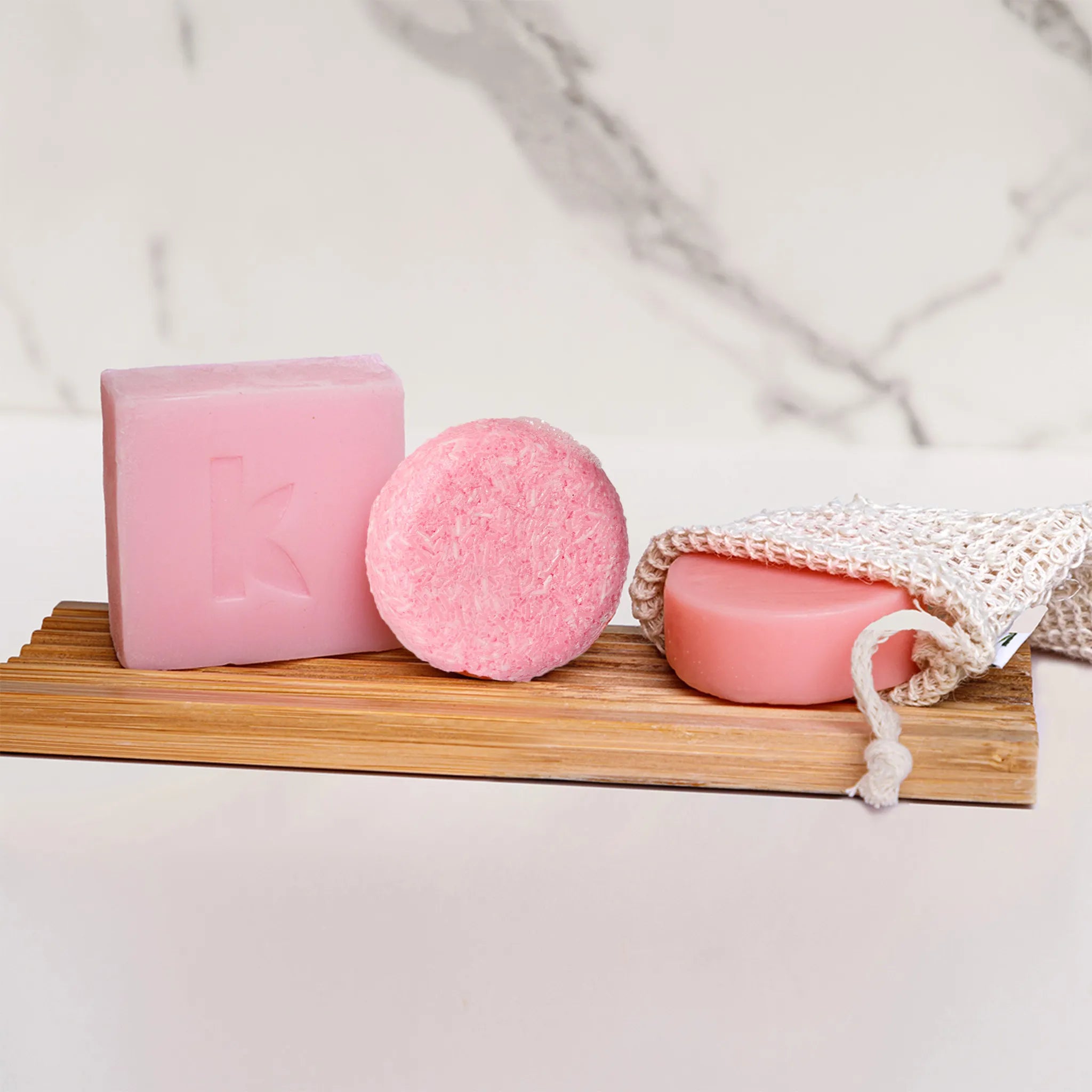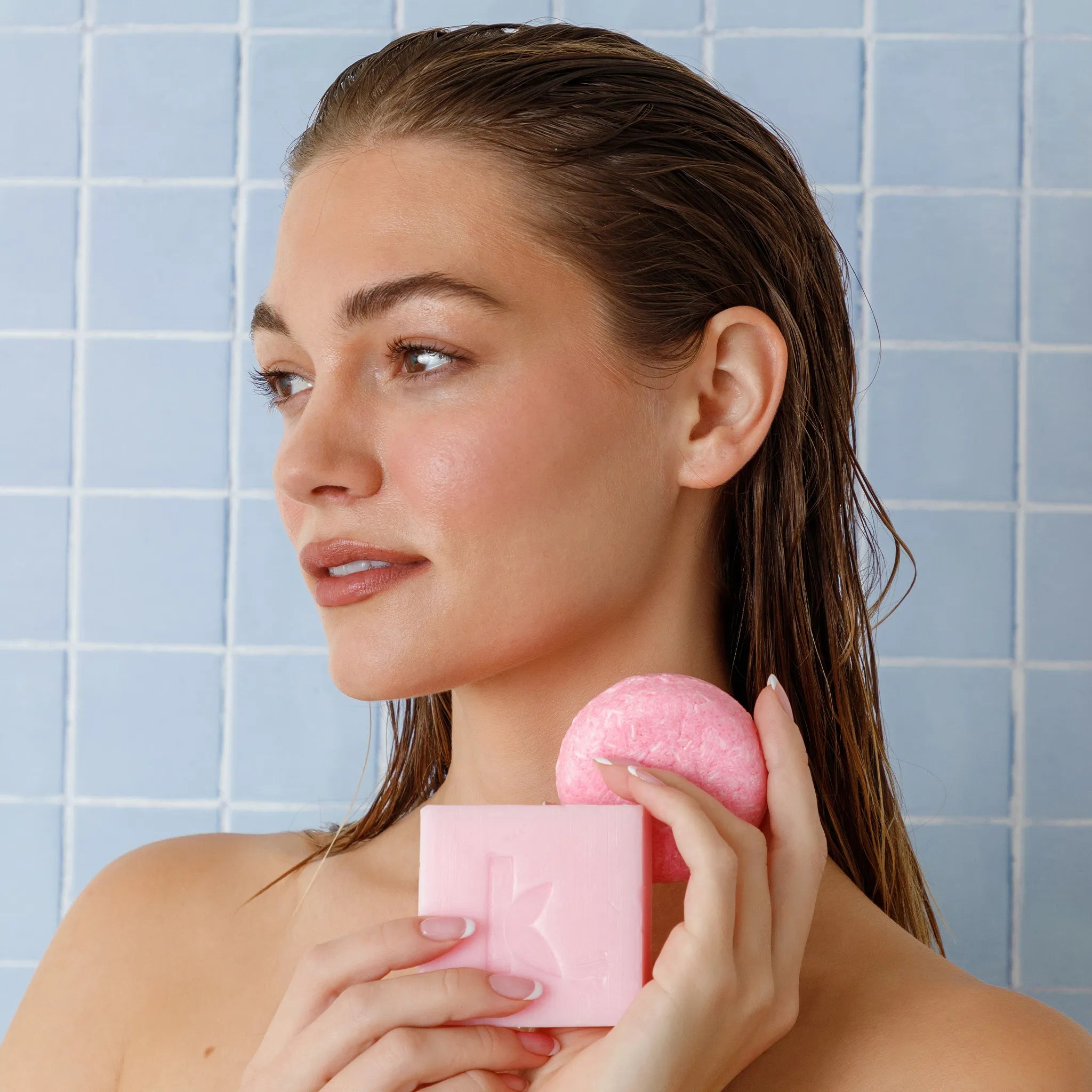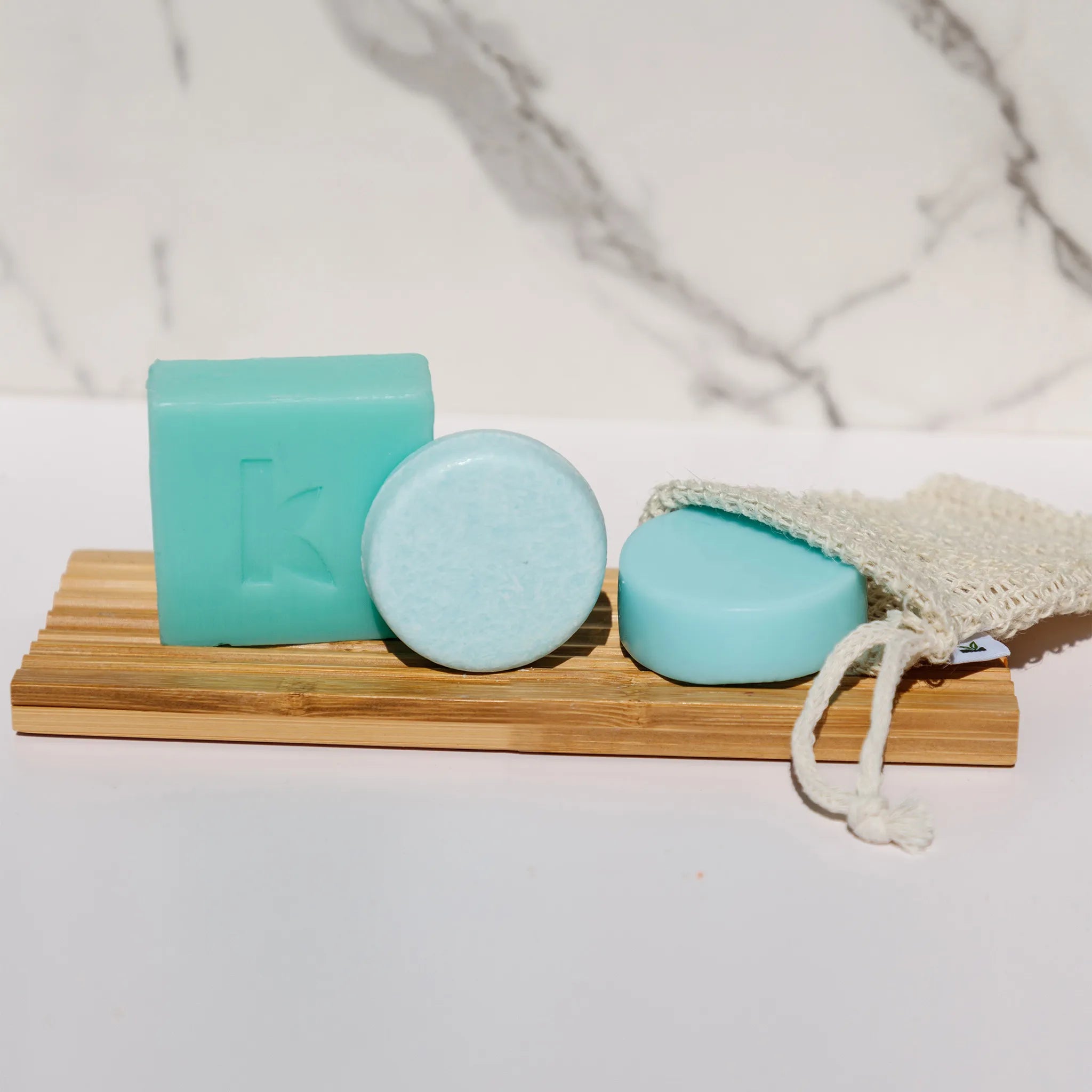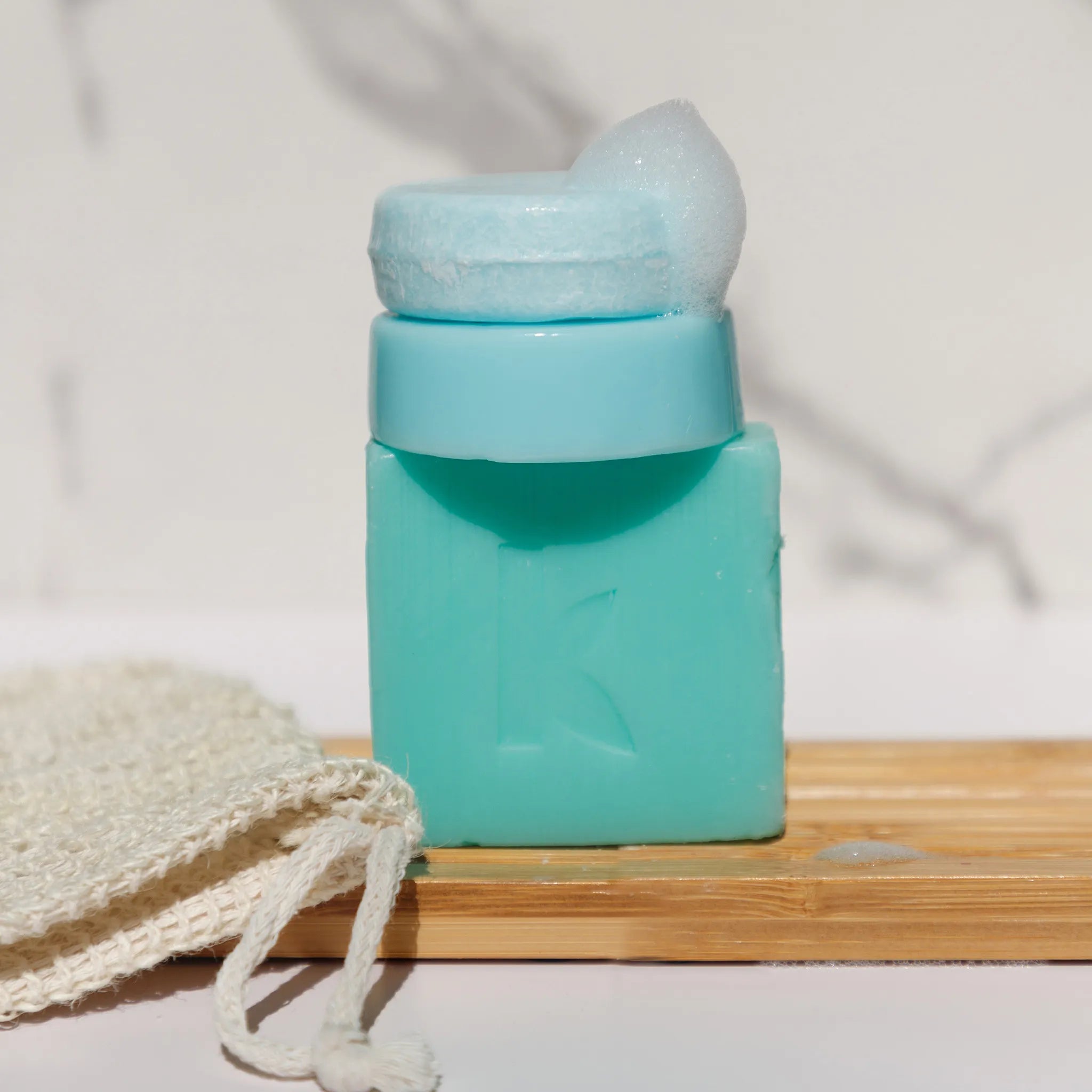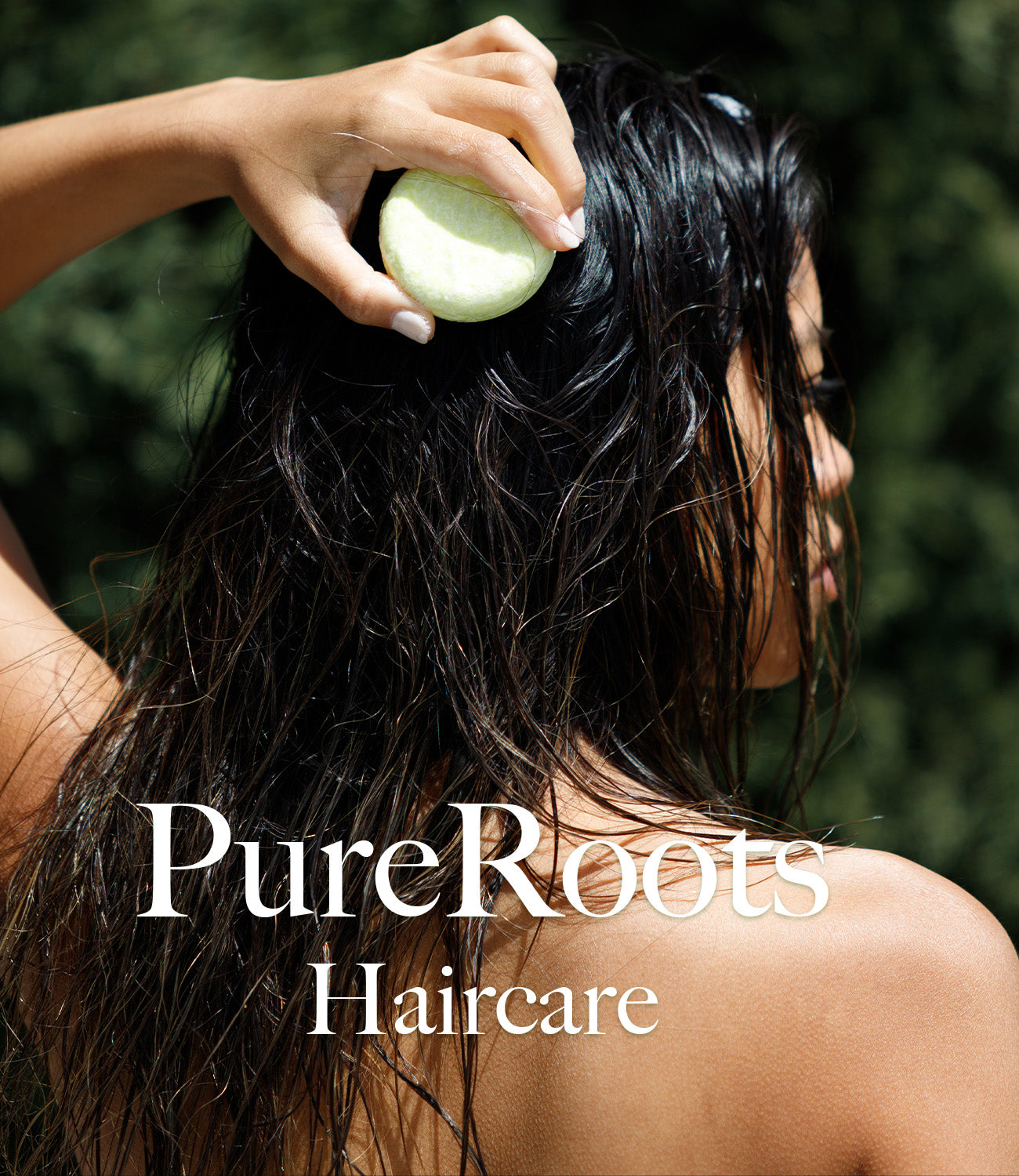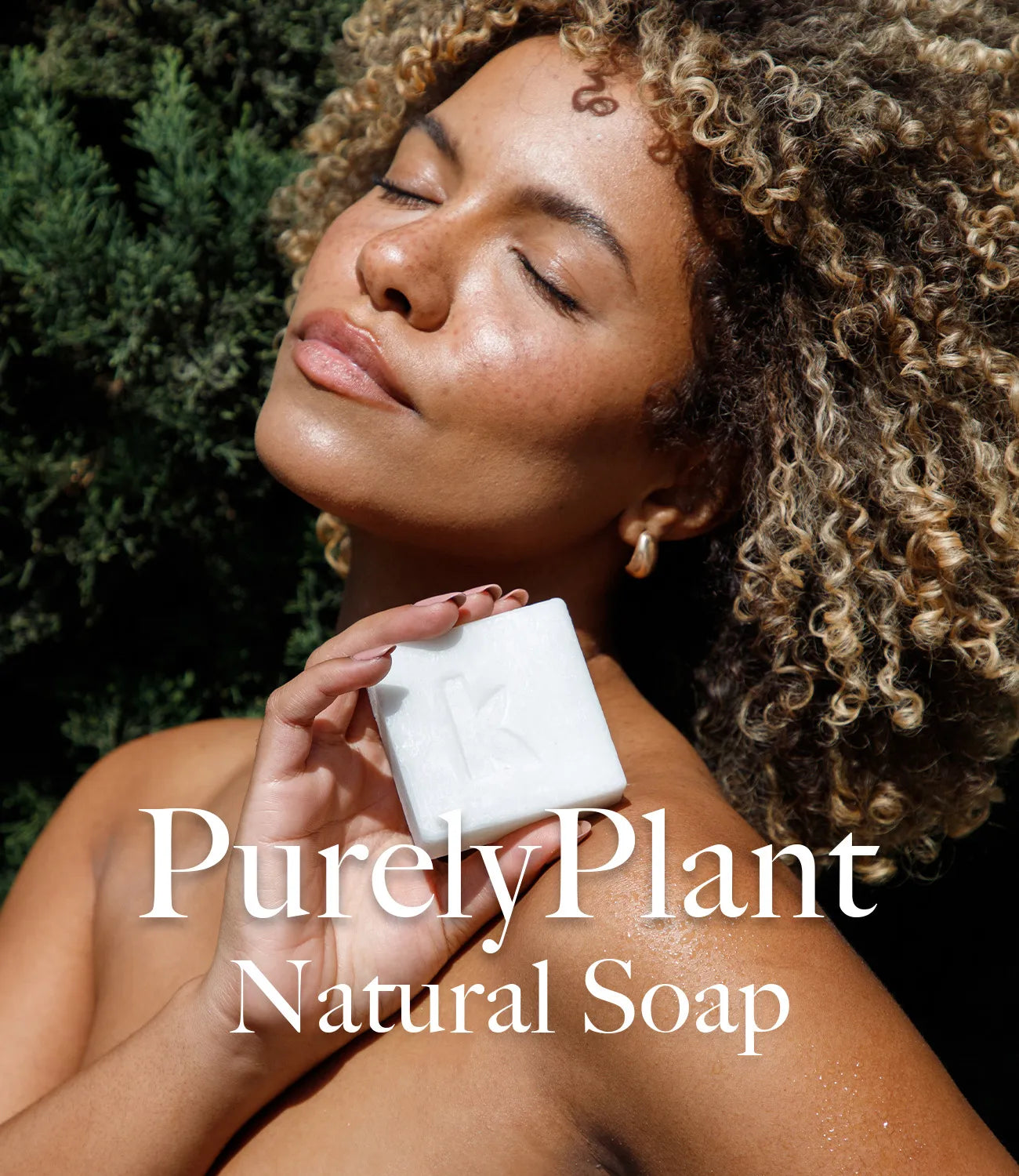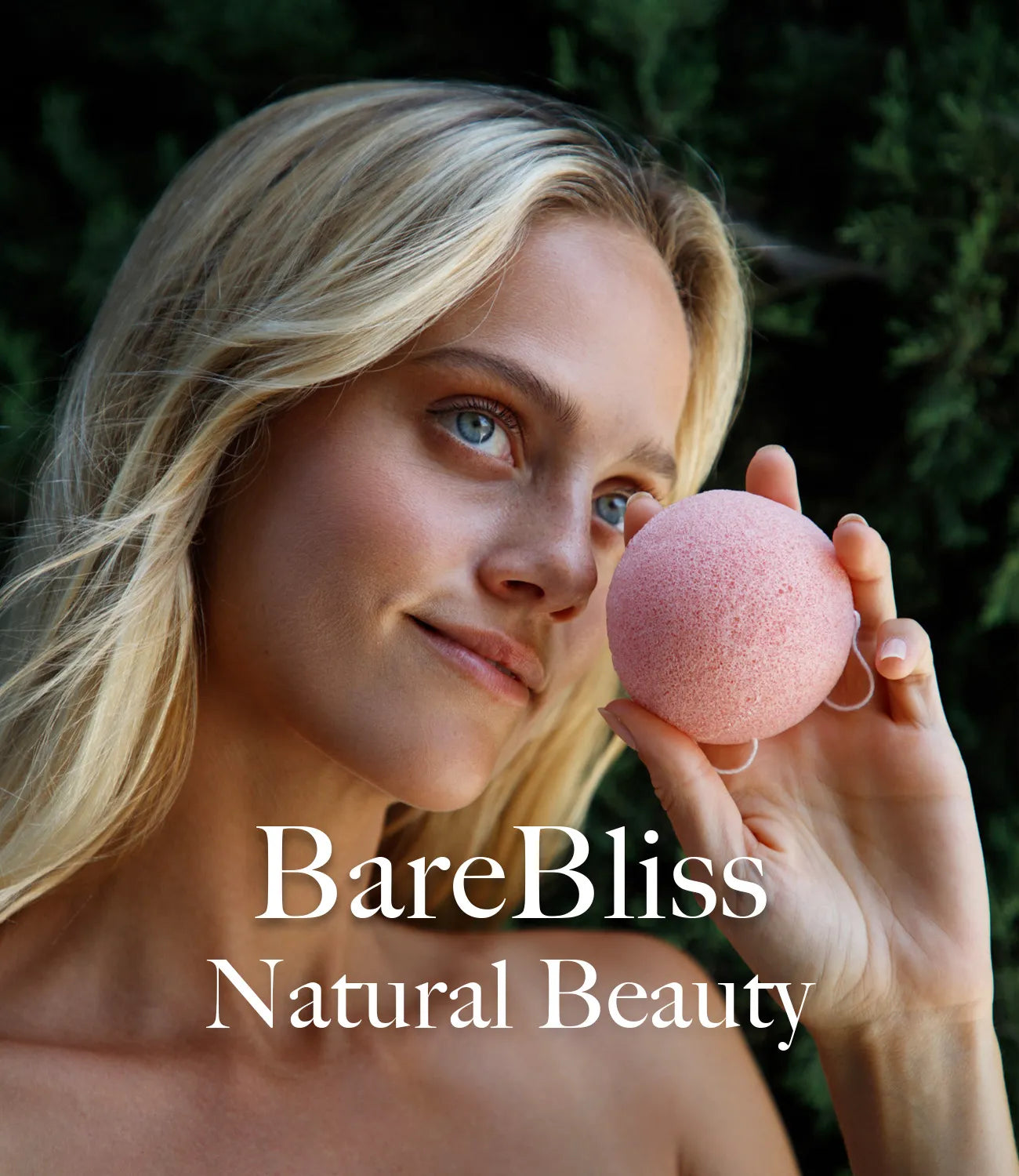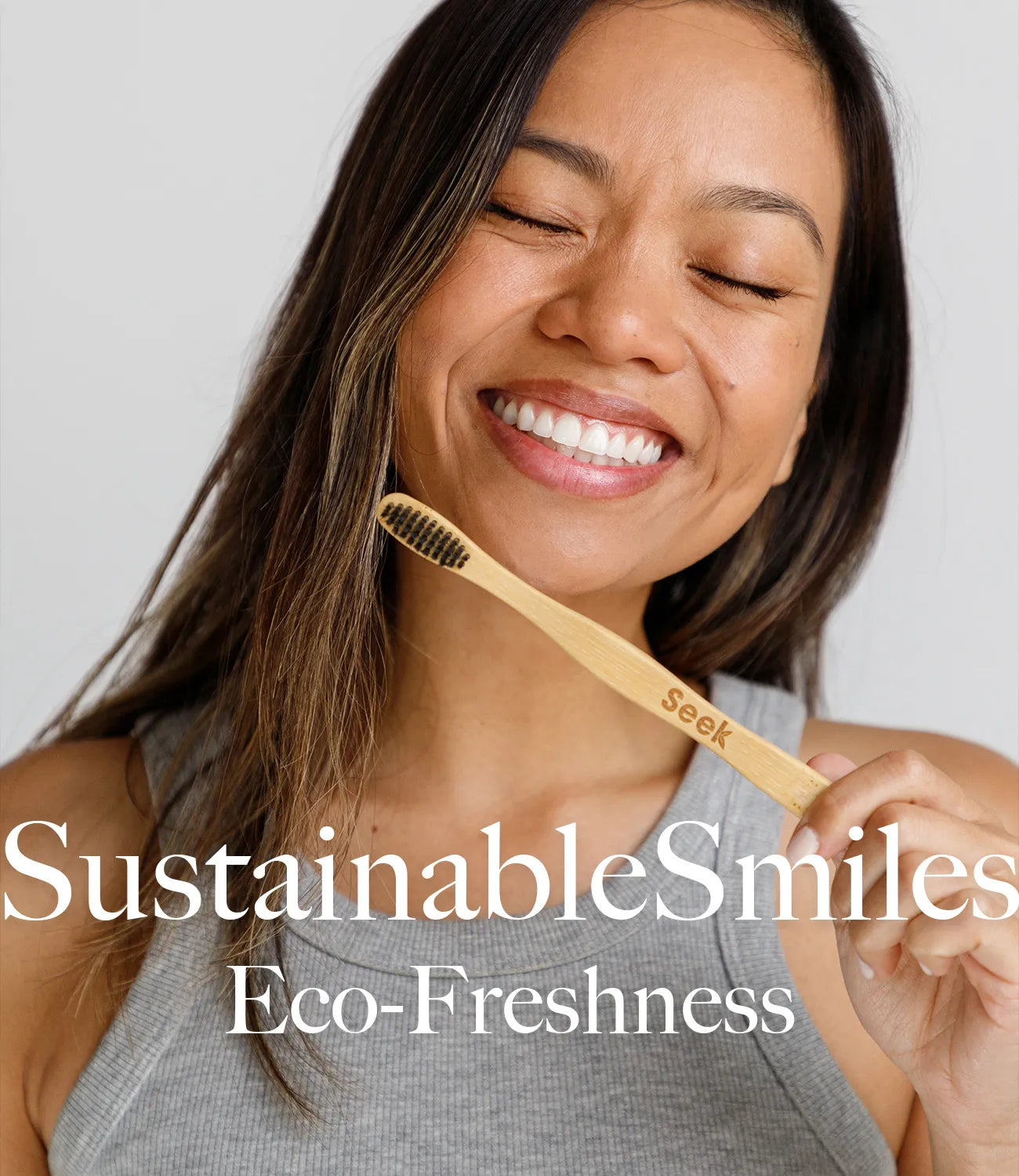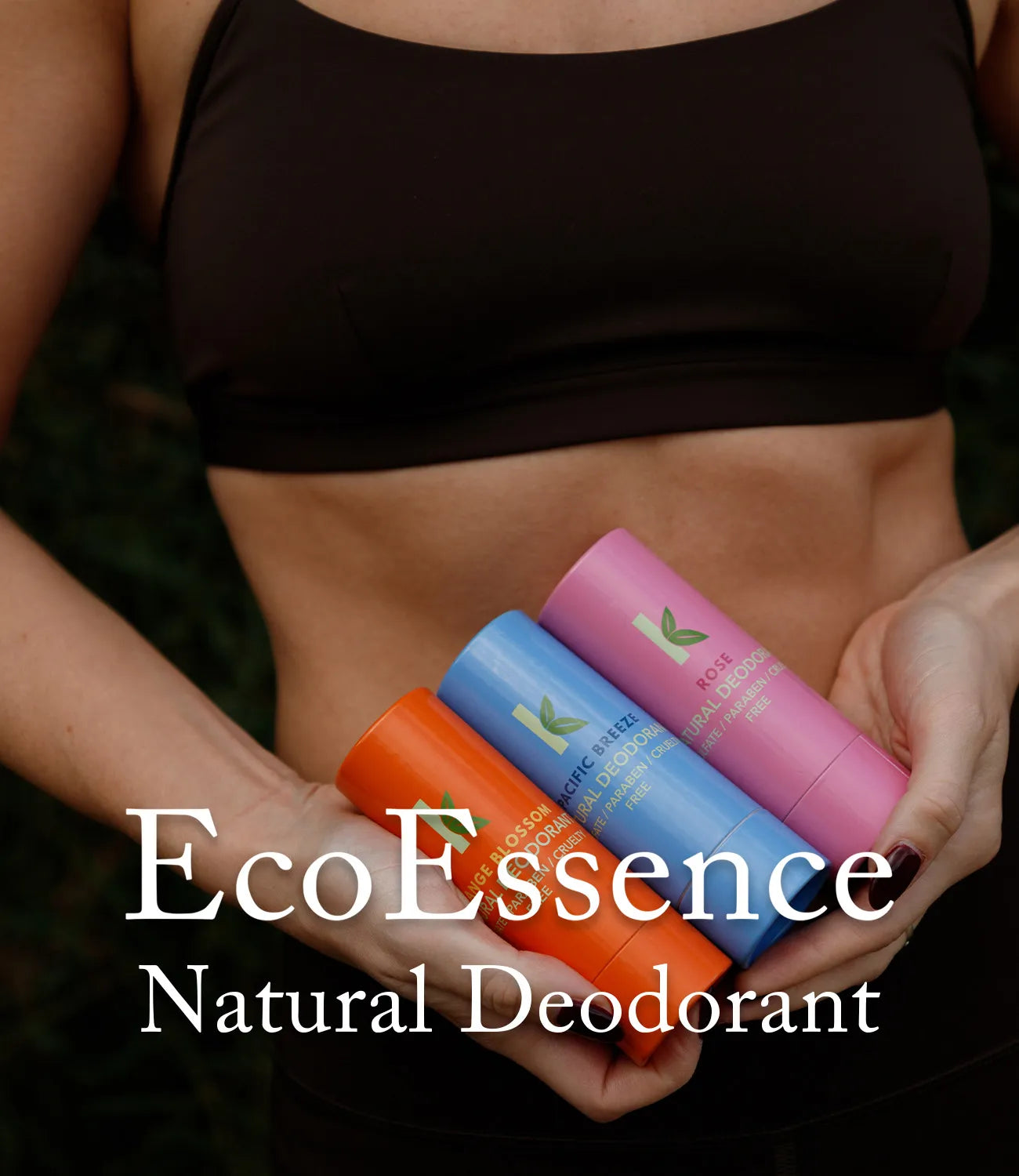What is Tea Tree Oil?
Tea Tree Oil, also known as Melaleuca oil, is a powerful essential oil derived from the leaves of the Melaleuca alternifolia, a tree native to Australia. For centuries, Aboriginal people have used tea tree leaves for their medicinal properties, applying them to cuts, wounds, and skin infections. Today, tea tree oil is widely recognized for its antibacterial, antifungal, and antiviral qualities, making it a popular ingredient in both personal care and household products.
Origins and Extraction Process
The Melaleuca alternifolia tree grows primarily in the coastal regions of New South Wales and Queensland in Australia. To extract the oil, the leaves and twigs of the tree are steam-distilled. This process produces a potent essential oil that contains over 100 compounds, with terpinene-4-ol being the most active and beneficial component.
The quality of tea tree oil can vary depending on the distillation process, with pure, high-quality oil being steam-distilled to maintain its integrity and potency. In recent years, sustainable and eco-friendly harvesting methods have also been adopted to ensure that the production of tea tree oil is environmentally responsible.
General Uses of Tea Tree Oil
Tea tree oil is renowned for its versatility. In addition to its therapeutic uses, it is a popular ingredient in a variety of skin and hair care products. Its natural antimicrobial properties make it effective for treating dandruff, scalp irritation, and oily hair, which is why it is a key ingredient in many shampoos and shampoo bars. Beyond hair care, tea tree oil is also used to treat acne, fungal infections, and even as a natural household disinfectant.
Due to its potent nature, tea tree oil should always be used in moderation and diluted with a carrier oil when applied directly to the skin. With its remarkable healing and cleansing benefits, it’s no wonder that tea tree oil has remained a staple in natural health and beauty products for centuries.
Benefits of Tea Tree Oil for Hair
Tea Tree Oil is a powerhouse when it comes to promoting scalp and hair health. Its unique blend of antifungal, antibacterial, and anti-inflammatory properties makes it a must-have ingredient for anyone struggling with scalp issues, dandruff, or oily hair. Here’s a closer look at how tea tree oil can benefit your hair:
Antifungal Properties
One of the key benefits of tea tree oil is its antifungal activity. It can help combat dandruff caused by the overgrowth of a fungus called Malassezia, which is a common cause of flaking and itching. Tea tree oil works by breaking down the fungi on the scalp, reducing the flakes and helping to prevent further buildup.
For those with fungal scalp infections, tea tree oil can be an effective natural remedy. Its ability to fight these unwanted microorganisms creates a cleaner, healthier scalp, which is essential for the growth of strong, vibrant hair.
Antibacterial Benefits
Tea tree oil is also known for its antibacterial properties, making it an ideal solution for scalp conditions related to bacteria, such as folliculitis (inflammation of the hair follicles). By preventing the growth of harmful bacteria on the scalp, tea tree oil promotes a cleaner, healthier environment for hair to grow.
Regular use of tea tree oil can help reduce scalp irritation, redness, and inflammation, leading to a more comfortable scalp that is free from infections. This is particularly helpful for people who experience scalp pimples or bumps.
Anti-inflammatory Properties
The anti-inflammatory properties of tea tree oil can help soothe an irritated or inflamed scalp. Whether you're dealing with redness from an allergic reaction, itchiness from dry skin, or inflammation from dandruff or dermatitis, tea tree oil can provide relief. It works by reducing swelling and calming the scalp, which can be especially beneficial for those with sensitive or easily irritated skin.
A calm and well-balanced scalp allows hair to grow more effectively, and it helps prevent issues like excessive itching or discomfort that could otherwise lead to scratching and damage to the scalp or hair follicles.
Dandruff and Dry Scalp Treatment
Tea tree oil is widely known for its ability to treat dandruff. By addressing the root causes—whether it's a fungal infection or dry skin—tea tree oil helps reduce flakes and restore the scalp’s natural balance. Using tea tree oil in a shampoo or conditioner can significantly improve scalp hydration and reduce the visibility of flakes.
For individuals with dry scalp, tea tree oil works by promoting moisture retention and improving circulation to the scalp. This helps nourish the skin and prevents further dryness, which often leads to the itchiness and flakes that people associate with dandruff.
Balancing Oily Scalp
On the flip side, tea tree oil is also effective for those who struggle with an oily scalp. It regulates sebum production, the oil naturally produced by the scalp, and keeps it from becoming greasy. Tea tree oil helps normalize oil production, ensuring that the scalp is neither too dry nor too oily. This balance is key to maintaining healthy hair and preventing the buildup of excess oils that can weigh hair down or cause clogged pores.
For those with oily hair types, using tea tree oil can leave your hair feeling fresh, light, and clean, without the greasy feeling that often accompanies oiliness.
Promotes Healthy Hair Growth
By maintaining a clean and balanced scalp, tea tree oil also contributes to healthier hair growth. A clean scalp free from buildup allows hair follicles to breathe, which may enhance hair growth and reduce hair thinning. Tea tree oil can stimulate circulation to the scalp, ensuring that hair follicles receive the nutrients they need for healthy growth.
Incorporating tea tree oil into your hair care routine is a natural and effective way to address common scalp issues, from dandruff and irritation to excess oil and fungal buildup. Its soothing, balancing, and cleansing effects help create the ideal environment for beautiful, healthy hair.
How Tea Tree Oil Helps with Scalp Health
Maintaining a healthy scalp is essential for vibrant, healthy hair. When your scalp is well-balanced and free from irritation, it creates the perfect foundation for hair to grow strong and thrive. Tea Tree Oil is a natural remedy that helps promote scalp health in a variety of ways, addressing common issues like dandruff, itchiness, and even hair loss. Here’s how tea tree oil can transform your scalp:
Promotes a Clean and Balanced Scalp
A clean scalp is the foundation of healthy hair growth. Tea Tree Oil’s powerful antimicrobial properties help eliminate impurities, excess oil, and bacteria that can accumulate on the scalp. These impurities often clog hair follicles, leading to scalp conditions like acne or fungal infections. By clearing the scalp of these unwanted substances, tea tree oil promotes a balanced and healthy scalp environment that encourages hair growth.
Regular use of tea tree oil helps balance the scalp’s natural oils, ensuring that it’s neither too oily nor too dry. This balance is key to preventing various scalp conditions, like dandruff, dry patches, and scalp acne, all of which can inhibit healthy hair growth.
Reduces Dandruff and Flaky Scalp
Dandruff is a common scalp condition that can cause frustration and discomfort. It typically occurs due to an overgrowth of the Malassezia fungus, which thrives in oily environments on the scalp. Tea Tree Oil’s antifungal properties target and fight this fungus, helping to reduce the flakes and irritation associated with dandruff.
By incorporating tea tree oil into your shampoo or scalp treatment, you can fight the root causes of dandruff. It works by eliminating the fungus and soothing the scalp, reducing itchiness, inflammation, and visible flakes. The result is a healthier scalp and more manageable hair.
Prevents Scalp Irritation and Itchiness
An irritated or itchy scalp can be uncomfortable and distracting. Whether caused by allergies, dryness, or an underlying scalp condition, tea tree oil’s anti-inflammatory and soothing properties offer relief. It calms the skin, reducing redness, swelling, and irritation, allowing your scalp to return to its natural, healthy state.
When used regularly, tea tree oil helps maintain a calm and comfortable scalp, minimizing the urge to scratch or rub your scalp, which can lead to further irritation or even scalp damage.
Strengthens Hair Follicles and Reduces Hair Loss
A healthy scalp is key to strong, healthy hair follicles, which in turn contribute to hair growth. Tea Tree Oil promotes improved blood circulation to the scalp, which ensures that hair follicles receive the nutrients and oxygen they need to produce hair. When hair follicles are well-nourished, they are less likely to weaken or become damaged, reducing the risk of hair thinning and loss.
Furthermore, tea tree oil helps maintain a healthy balance of sebum (natural oils) on the scalp, preventing both excessive oiliness and dryness. A well-balanced scalp is less prone to the buildup of oils or flakes that could clog follicles and lead to hair loss.
For those who experience thinning hair or mild hair loss, tea tree oil can help maintain a healthier scalp, supporting stronger and thicker hair growth over time.
Protects from Fungal and Bacterial Infections
Fungal and bacterial infections can lead to serious scalp problems, such as scalp acne, folliculitis, and scalp infections that hinder hair growth. Tea Tree Oil’s antibacterial and antifungal properties effectively protect the scalp from these potential threats. By keeping bacteria and fungi in check, tea tree oil helps keep the scalp clean and healthy, preventing infections that could disrupt the hair growth cycle.
For those prone to scalp conditions caused by bacteria, tea tree oil can be an excellent preventive measure, maintaining a clean and safe environment for hair follicles.
Soothes Dry or Oily Scalp
Tea Tree Oil’s versatility allows it to balance both dry and oily scalp conditions. For those with a dry scalp, tea tree oil helps lock in moisture, alleviating the uncomfortable tightness and flakiness that comes with dryness. At the same time, for those with an oily scalp, tea tree oil can help regulate oil production, ensuring that the scalp doesn’t become too greasy and that hair follicles stay clear of excess oils.
By balancing moisture levels, tea tree oil can be a remedy for a wide range of scalp conditions, helping to create an optimal environment for healthy hair growth.
Tea Tree Oil’s multifaceted approach to scalp care makes it an excellent addition to any hair care routine. Whether you’re struggling with dandruff, irritation, or even hair loss, this natural powerhouse can provide the relief and support your scalp needs to stay healthy, balanced, and ready for hair growth. When used regularly, tea tree oil can help maintain a well-nourished scalp, leading to stronger, shinier, and healthier hair.
Tea Tree Oil for Hair Growth
Hair growth is a complex process influenced by various factors, from genetics to diet, lifestyle, and the health of your scalp. Tea Tree Oil, with its potent natural properties, is often used to promote hair growth by improving the health of the scalp and hair follicles. By creating the ideal conditions for hair to grow, tea tree oil can support stronger, fuller hair. Here’s how it works:
Stimulates Blood Circulation to the Scalp
One of the primary ways tea tree oil encourages hair growth is by stimulating blood circulation to the scalp. Proper blood flow is essential for hair follicles to receive the necessary nutrients, oxygen, and vitamins that support hair growth. Tea tree oil has a natural ability to increase circulation to the scalp, helping to nourish the follicles and create an optimal environment for hair to grow.
Increased circulation also promotes the delivery of nutrients and minerals to hair follicles, ensuring that hair growth is healthy and supported from the root. Over time, this improved circulation can result in stronger, thicker hair.
Opens Hair Follicles and Clears Blockages
Clogged hair follicles can prevent healthy hair growth. Blockages can occur due to a buildup of sebum (natural oil), dead skin cells, or environmental pollutants. These blockages can restrict hair growth and even lead to hair thinning or loss. Tea Tree Oil’s powerful cleansing properties help clear the scalp of impurities and buildup, ensuring that hair follicles remain open and free from obstruction.
By regularly using tea tree oil to clean the scalp, you reduce the likelihood of follicular blockages, creating an ideal environment for hair growth. Unblocked follicles can produce healthier and stronger strands of hair.
Reduces DHT (Dihydrotestosterone) Levels
DHT, a hormone derived from testosterone, is one of the primary causes of hair loss, particularly in those with male or female pattern baldness. While tea tree oil is not a direct DHT blocker like some pharmaceutical treatments, it can help reduce scalp inflammation and irritation caused by DHT. By minimizing inflammation around hair follicles, tea tree oil helps reduce the harmful effects of DHT and promotes healthier hair growth.
Though the connection between tea tree oil and DHT is still being explored, using tea tree oil as part of your scalp care routine can support overall follicular health and encourage hair growth.
Improves Scalp Health and Reduces Inflammation
Inflammation of the scalp can disrupt the natural hair growth cycle. Conditions like seborrheic dermatitis, psoriasis, and folliculitis can cause inflammation that stunts hair growth or leads to hair loss. Tea Tree Oil’s anti-inflammatory properties help soothe the scalp, reduce irritation, and calm inflammation, ensuring that the hair follicles remain in a healthy state.
When inflammation is reduced, the scalp is better able to support hair growth, as it allows follicles to operate normally without the hindrance of swelling, irritation, or infection.
Nourishes and Strengthens Hair Follicles
Tea Tree Oil is rich in antioxidants and essential compounds that nourish and strengthen hair follicles. By regularly massaging tea tree oil into the scalp, you infuse the follicles with these nutrients, which help improve follicular health. Stronger follicles are less likely to become damaged, weakened, or prone to shedding.
This nourishment can also prevent premature hair loss and encourage the growth of stronger, thicker hair strands. Tea tree oil helps ensure that hair follicles remain resilient and capable of producing hair at their optimal rate.
Combats Fungal and Bacterial Infections that Affect Hair Growth
Infections caused by fungi or bacteria can directly impact hair growth by causing scalp damage or obstructing hair follicles. Tea Tree Oil is renowned for its antifungal and antibacterial properties, which can help prevent and treat scalp infections. Conditions like dandruff, folliculitis, and seborrheic dermatitis can be exacerbated by fungal or bacterial imbalances, leading to hair thinning or loss.
By using tea tree oil to keep your scalp clean and free from infections, you reduce the risk of these conditions that could interfere with hair growth. Maintaining a healthy, infection-free scalp is essential for long-term hair growth and overall follicle health.
Creates a Healthier Scalp Microbiome
The scalp, like the skin, has its own microbiome—the collection of bacteria, fungi, and other microorganisms that help maintain a healthy environment. An imbalanced scalp microbiome can lead to issues like dandruff, dry patches, and even hair loss. Tea Tree Oil helps regulate and balance the scalp microbiome by supporting beneficial microbes and preventing the overgrowth of harmful bacteria or fungi.
A well-balanced scalp microbiome promotes a healthier, more conducive environment for hair follicles to thrive. By incorporating tea tree oil into your hair care routine, you help maintain this balance, which in turn can support hair growth.
Tea Tree Oil for Different Hair Types
Tea Tree Oil is a versatile essential oil that can benefit all hair types—whether your hair is oily, dry, or normal. Its unique blend of antifungal, antibacterial, and anti-inflammatory properties allows it to address the specific needs of different hair types while maintaining a healthy scalp and promoting overall hair growth. Here’s how tea tree oil works for each hair type:
Tea Tree Oil for Oily Hair
Oily hair is often the result of excess sebum production from the scalp, which can make hair greasy and limp. While it’s important for the scalp to produce some sebum to keep hair moisturized, overproduction can lead to clogged pores, dandruff, and an unhealthy buildup of oils. Tea Tree Oil can help balance this excess oil and restore your scalp’s natural equilibrium.
- Controls Excess Sebum Production: Tea Tree Oil’s astringent properties help regulate sebum production by gently cleansing the scalp and removing excess oils. This helps reduce greasiness and prevents hair from looking oily too quickly after washing.
- Clears Blocked Hair Follicles: Excess oil can clog hair follicles, leading to scalp acne, irritation, and even hair loss. Tea Tree Oil works by unblocking and cleaning the follicles, ensuring they remain open and healthy for optimal hair growth.
- Prevents Dandruff: Since oily hair can often lead to dandruff, the antifungal properties of tea tree oil help combat the fungi that cause flakes. By keeping the scalp clean and balanced, tea tree oil reduces dandruff and itching, leaving your scalp refreshed and your hair shiny.
How to Use: For oily hair, use a tea tree oil-infused shampoo bar or add a few drops of tea tree oil to your regular shampoo. Gently massage the oil into your scalp to balance the oils without stripping your hair of moisture.
Tea Tree Oil for Dry Hair
Dry hair occurs when the scalp lacks sufficient moisture or the hair cuticles are damaged. This can lead to frizz, split ends, and an overall lack of shine. While tea tree oil is often associated with oily hair types, it also offers several benefits for dry hair, particularly when combined with moisturizing ingredients.
- Moisturizes the Scalp: Tea Tree Oil is rich in essential compounds that help hydrate the scalp. This moisture helps prevent dryness and itching, which are common with dry hair. A hydrated scalp creates a healthier environment for hair growth.
- Improves Follicle Health: Dryness can lead to flaky or itchy skin on the scalp, which hinders hair growth. Tea Tree Oil’s anti-inflammatory properties help soothe irritated scalp skin, reducing redness and discomfort associated with dryness.
- Prevents Hair Breakage: Dry, brittle hair is more prone to breakage. By using tea tree oil to keep the scalp healthy, you reduce the risk of scalp inflammation and irritation that can contribute to hair damage. Tea Tree Oil can also help strengthen the roots, leading to healthier, more resilient hair.
How to Use: For dry hair, use a moisturizing shampoo bar with tea tree oil, or add a few drops of tea tree oil to a carrier oil like coconut or jojoba oil. Massage the mixture gently into your scalp and leave it on for 15–20 minutes before rinsing. This will hydrate and soothe your scalp while nourishing your hair.
Tea Tree Oil for Normal Hair
For those with normal hair, which isn’t too oily or too dry, tea tree oil provides a balanced approach to scalp care. Normal hair types still benefit from the gentle cleansing, antimicrobial, and soothing properties of tea tree oil.
- Maintains Scalp Health: Even if you have normal hair, using tea tree oil helps maintain a healthy, clean scalp. It effectively removes any buildup from styling products, dirt, or oils without stripping your hair of its natural moisture.
- Keeps Follicles Clean and Unclogged: Regular use of tea tree oil helps prevent blockages in hair follicles, ensuring that they remain healthy and free from impurities. This reduces the risk of scalp issues like dandruff or clogged pores.
- Supports Healthy Hair Growth: Tea Tree Oil’s stimulating properties promote healthy circulation to the scalp, which ensures that your hair follicles get the nutrients they need to grow strong, healthy hair.
How to Use: For normal hair, simply use a tea tree oil-infused shampoo bar once or twice a week to maintain a clean, healthy scalp. It will help balance your scalp’s natural oils without over-drying or under-moisturizing.
Tea Tree Oil for Curly Hair
Curly hair is prone to dryness, frizz, and product buildup due to its natural texture. Tea Tree Oil can be a game-changer for those with curly hair by helping to manage these common issues.
- Prevents Product Buildup: Curly hair tends to collect product buildup from creams, gels, and oils, which can make curls heavy and lifeless. Tea Tree Oil helps remove this buildup, leaving curls bouncy and light.
- Reduces Frizz and Improves Curl Definition: Tea Tree Oil’s moisturizing and soothing properties can reduce frizz and enhance curl definition by keeping the scalp hydrated and healthy.
- Balances Oil Levels: Tea Tree Oil helps regulate oil production, which is particularly helpful for curly hair that can sometimes be oily at the roots and dry at the ends. By balancing oil production, it helps maintain healthy curls without excess grease or dryness.
How to Use: For curly hair, consider using a tea tree oil-infused shampoo bar or a leave-in conditioner with tea tree oil to maintain curl definition and a hydrated scalp.
Tea Tree Oil for Fine or Thin Hair
Fine or thin hair can often lack volume and can become greasy quickly, leading to flat or limp hair. Tea Tree Oil can benefit fine hair by adding volume and promoting a healthy scalp environment for optimal hair growth.
- Improves Scalp Health for Hair Growth: Fine hair is often more prone to falling out, but using tea tree oil can support follicle health, helping prevent thinning and promoting stronger hair growth.
- Adds Volume and Thickness: Tea Tree Oil works to stimulate the hair follicles, promoting new hair growth. As a result, it can add thickness and volume to thin or fine hair, making it appear fuller and more vibrant.
How to Use: For fine hair, incorporate a tea tree oil-based shampoo bar into your routine. It will stimulate the scalp, add volume, and ensure that your follicles are healthy and free from clogging buildup.
Tea Tree Oil is a versatile and powerful ingredient that can benefit all hair types. Whether you have oily, dry, normal, curly, or fine hair, tea tree oil’s unique combination of antimicrobial, anti-inflammatory, and moisturizing properties helps maintain a healthy scalp, promote hair growth, and improve the overall condition of your hair. By incorporating tea tree oil into your hair care routine, you can address your specific hair type’s needs while supporting healthy, vibrant hair.
Try Tea Tree Oil and See the Difference
Incorporating tea tree oil into your hair care routine doesn’t just offer immediate relief from scalp issues, but it also promotes long-term hair health. Whether you’re dealing with excess oil, dryness, or even thinning hair, tea tree oil can make a noticeable difference in the health and appearance of your hair. As a natural and gentle solution, it’s perfect for anyone looking to improve their scalp and hair health without harsh chemicals. Give tea tree oil a try and see the transformation in your hair—your scalp will thank you, and so will your hair.
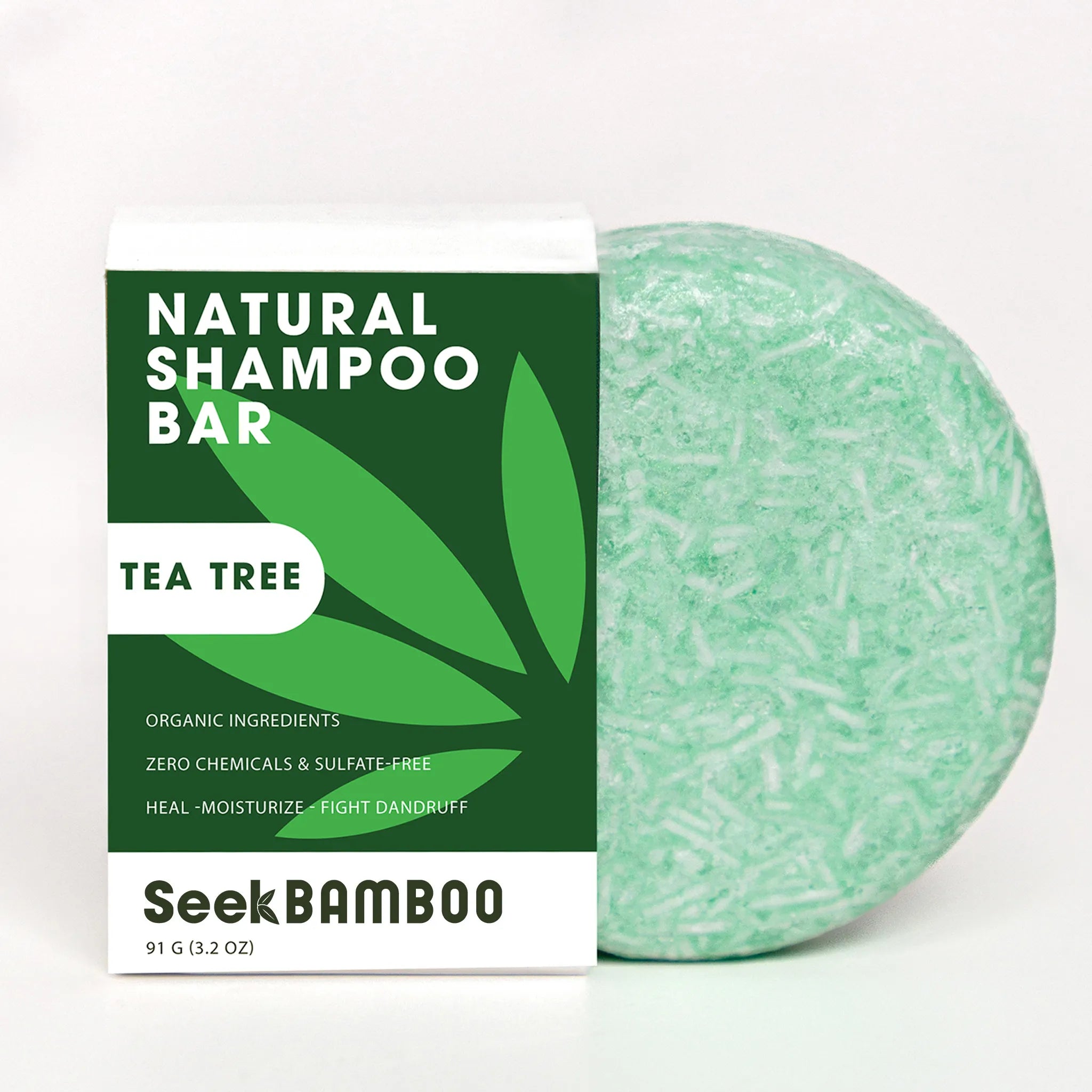
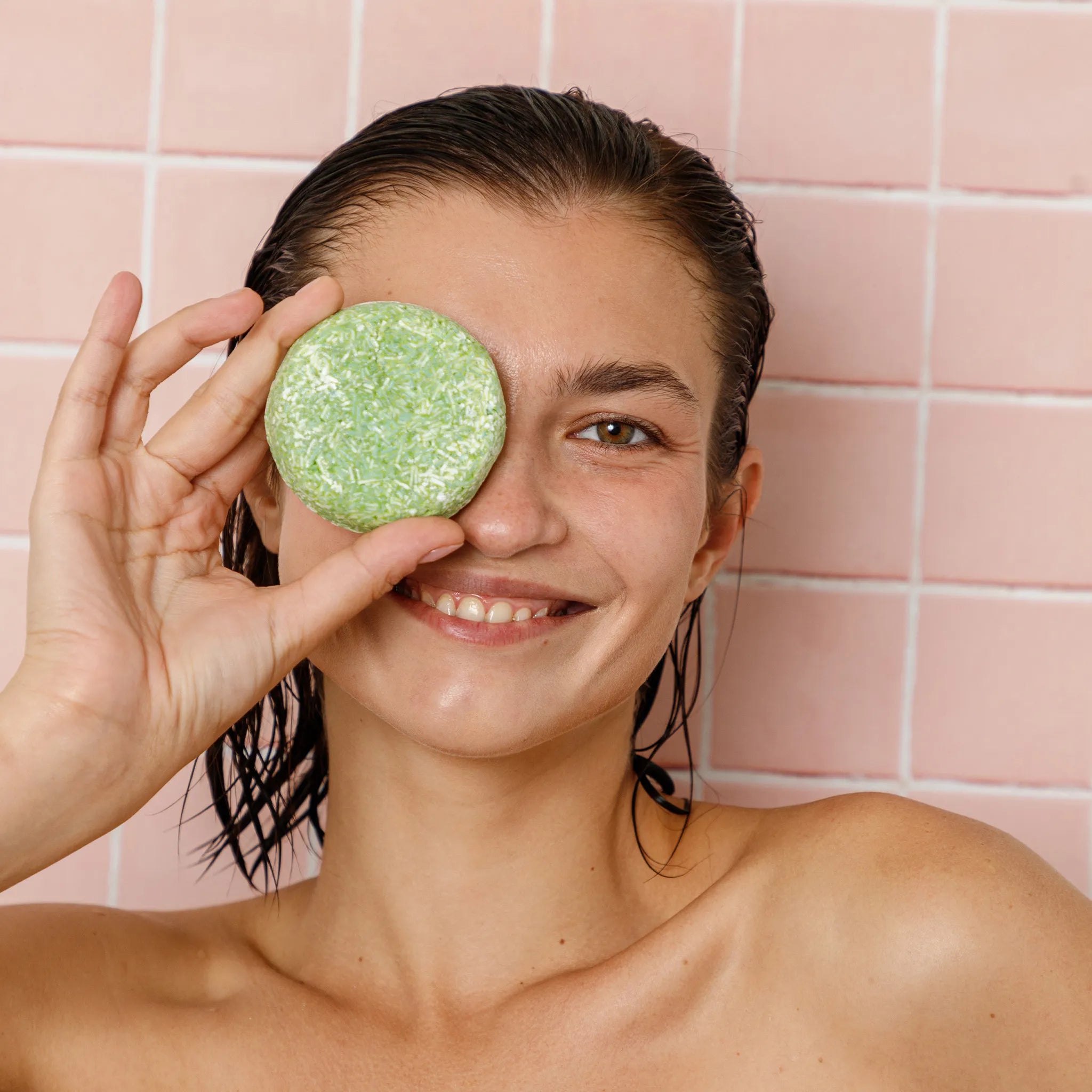
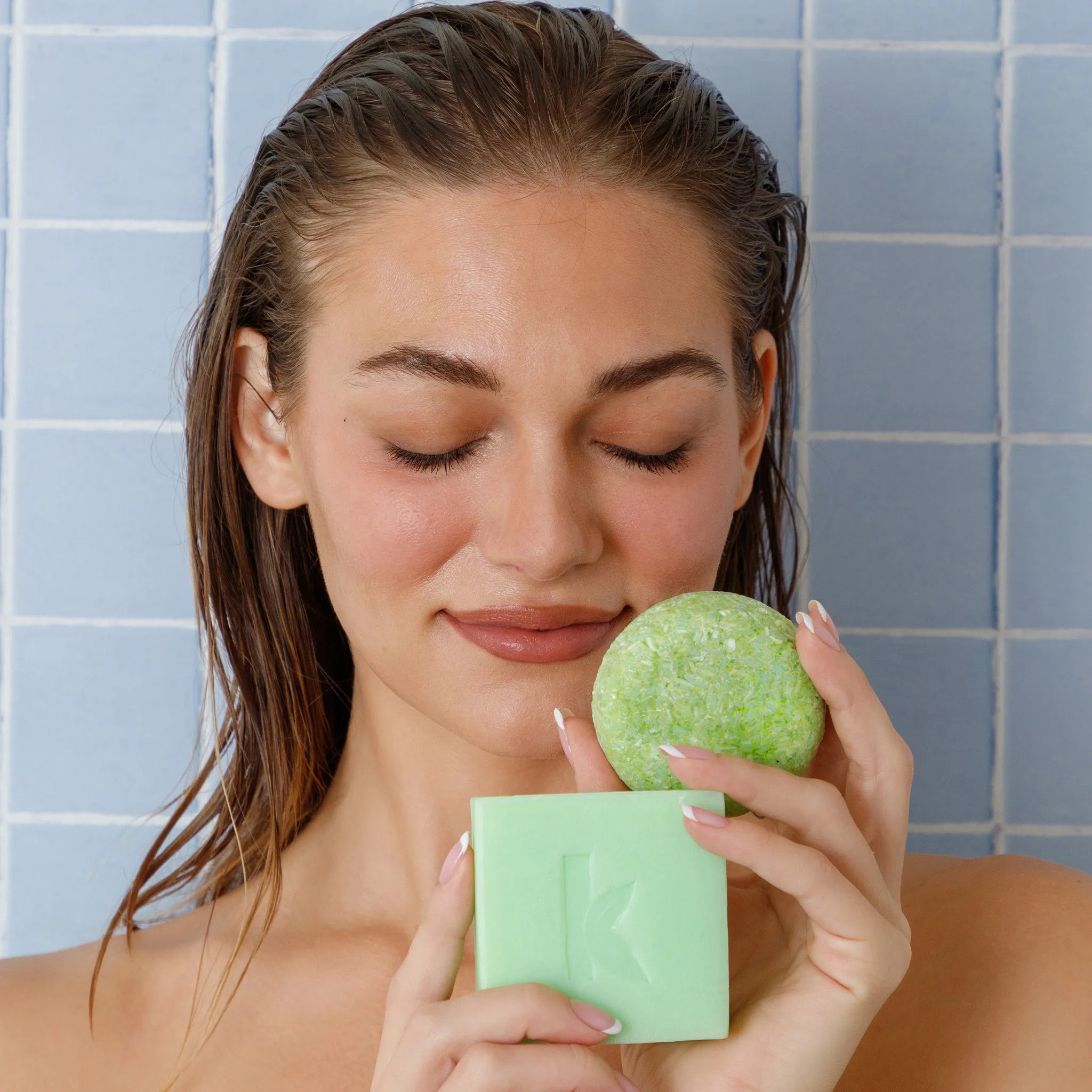
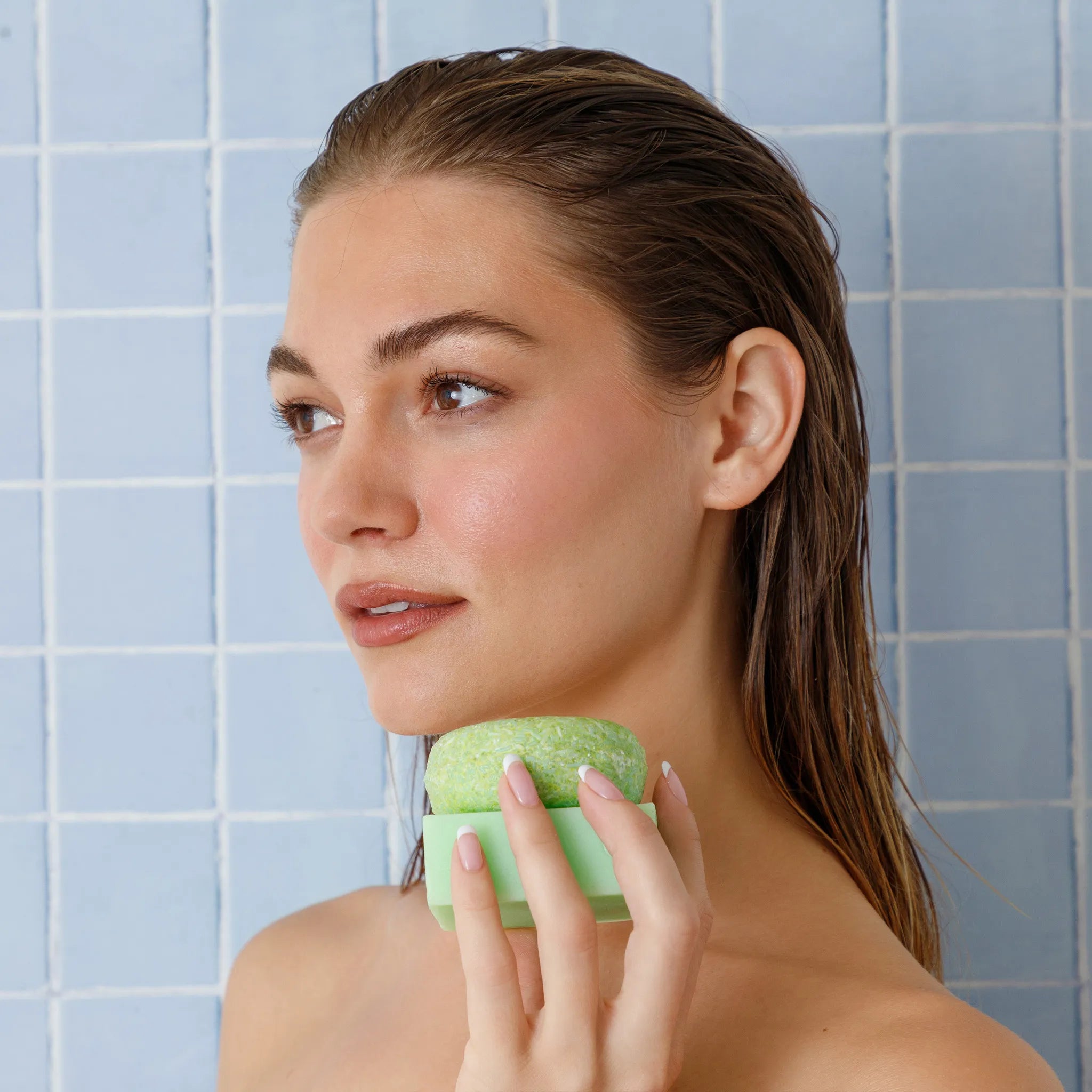
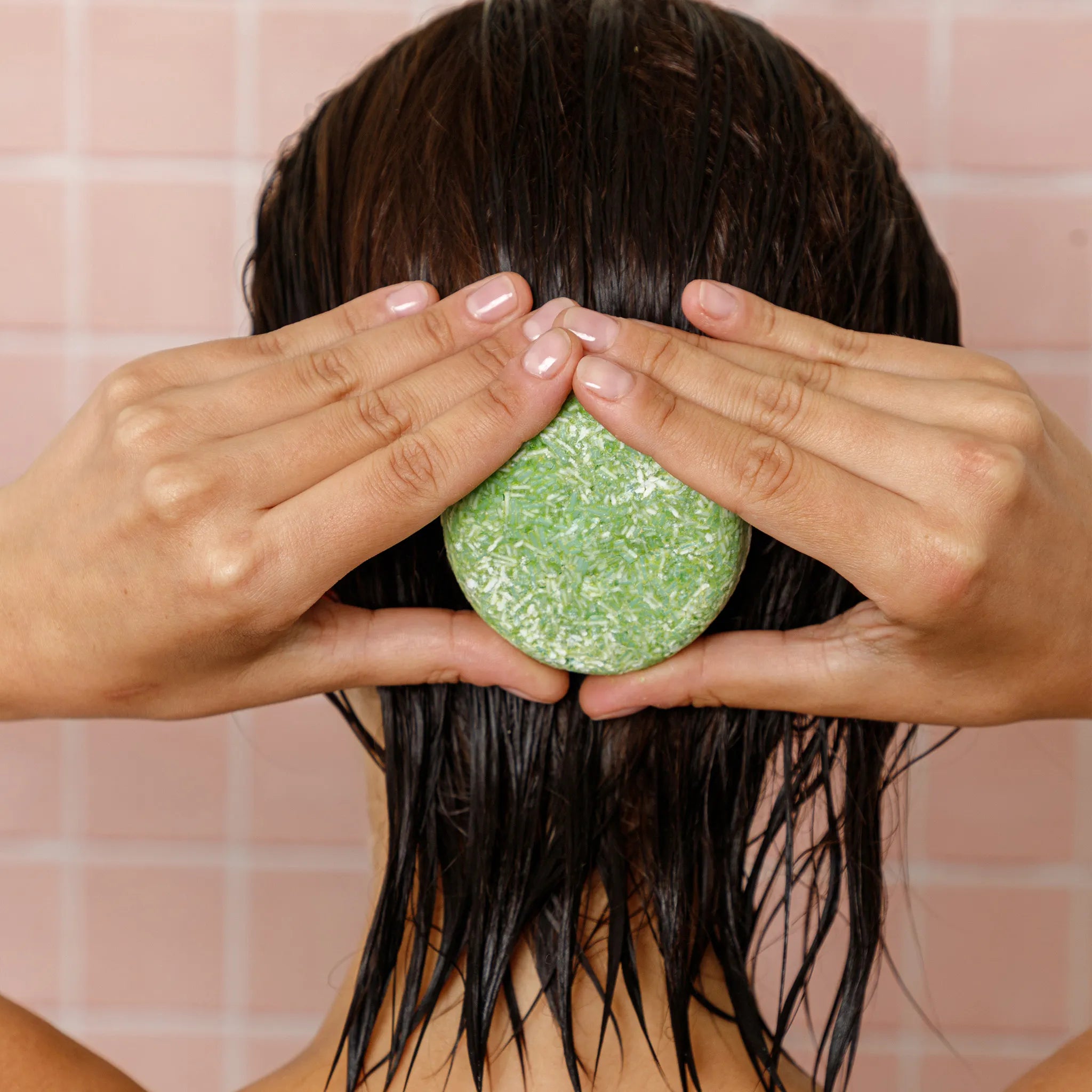
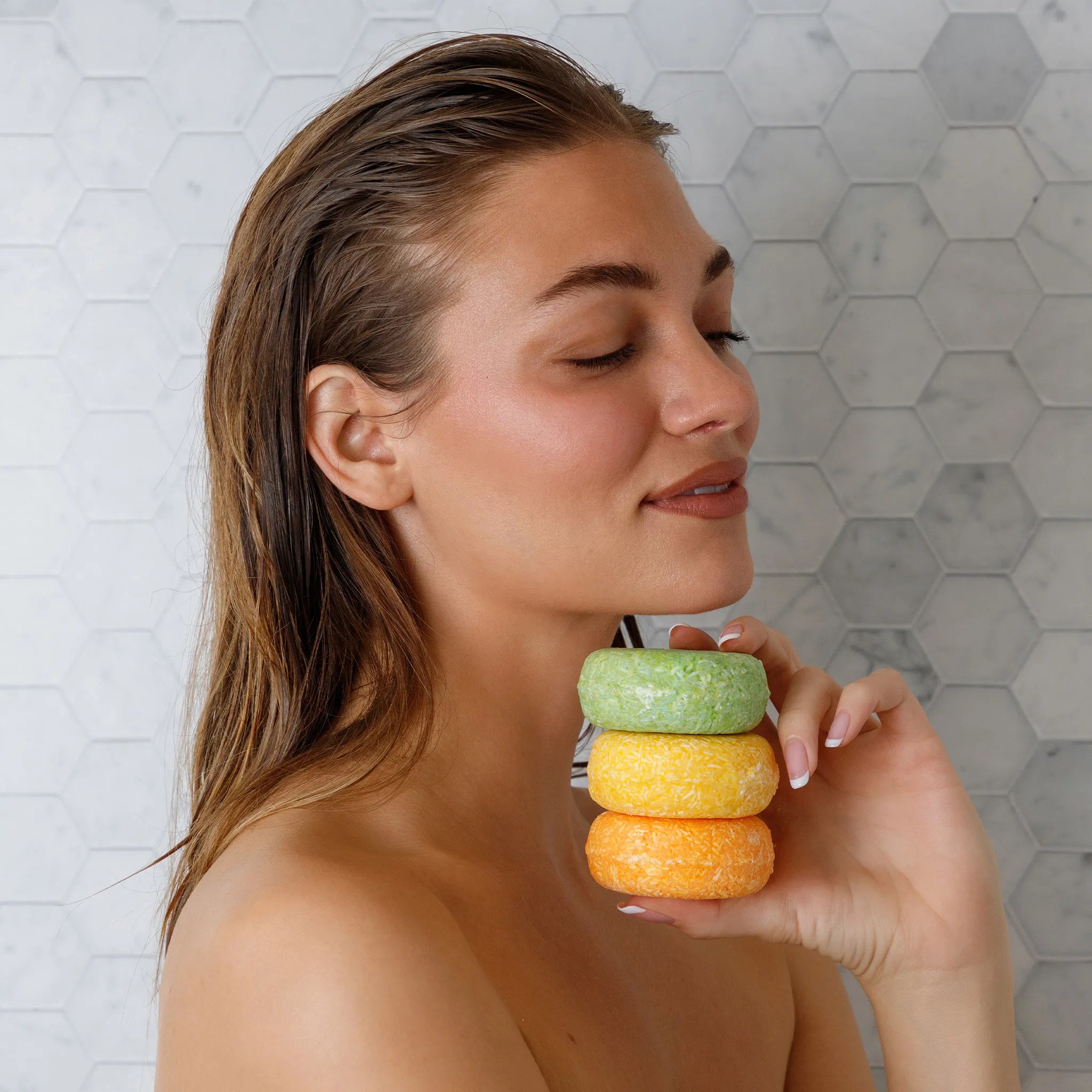
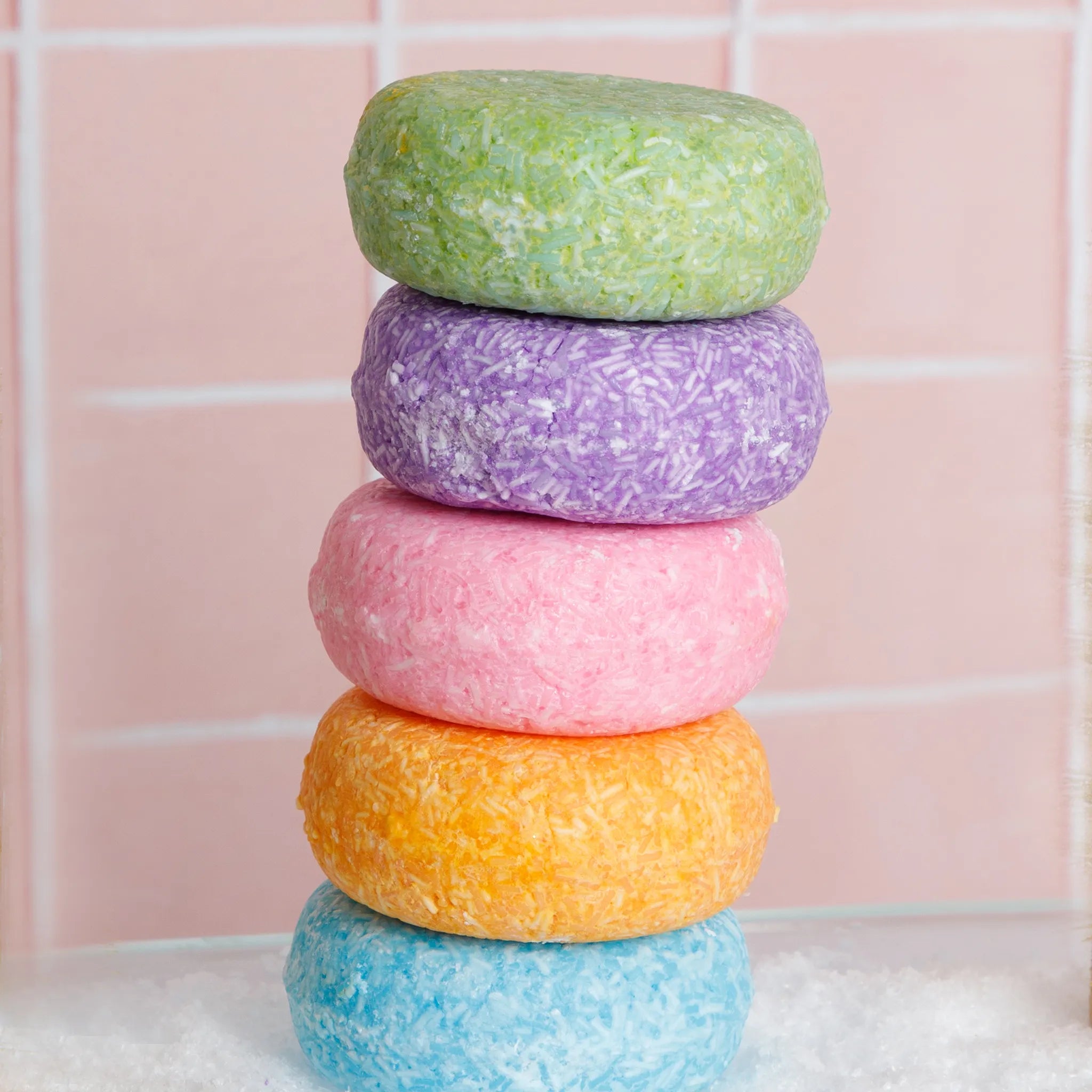
✓ Tea tree oil helps cleanse the scalp, reducing buildup and promoting a fresh, balanced environment for hair growth
✓ Known for its natural antibacterial and antifungal properties, tea tree oil helps soothe scalp irritation and reduce dandruff
✓ Larger 3.2 oz size lasts 70-90 washes, replacing up to 3 plastic bottles of shampoo
✓ Plastic-free and eco-friendly packaging, making it a sustainable choice for both your hair and the planet
✓ Free of sulfates, palm oil, parabens, dyes, & synthetic fragrances
A Natural Solution for All Hair Types
Tea Tree Oil provides a safe, natural solution for a wide range of hair types and concerns. From its ability to regulate oil production in oily hair to its moisturizing and soothing effects for dry hair, tea tree oil offers the versatility needed to address a variety of scalp issues. It promotes a balanced scalp, reduces inflammation, and fosters healthy hair growth, making it an essential ingredient for anyone seeking to improve the overall health of their hair. With regular use, you can experience the many benefits that tea tree oil brings to your scalp and hair, helping you achieve the healthy, vibrant locks you deserve.
Shampoo Bar Collection
Tea Tree Talk: Everything You’ve Been Wondering About!
Your go-to guide for all things tea tree oil and how it works wonders for your hair
What is Tea Tree Oil, and how does it benefit hair?
Tea Tree Oil is an essential oil extracted from the leaves of the Melaleuca alternifolia tree, native to Australia. Known for its powerful antifungal, antibacterial, and anti-inflammatory properties, tea tree oil has long been used to treat skin and scalp conditions. When used in hair care, it helps to cleanse the scalp, reduce dandruff, prevent hair loss, and stimulate healthy hair growth. It also soothes irritated scalps and helps balance oil production, making it beneficial for various hair types.
Can tea tree oil help with dandruff?
Yes, tea tree oil is highly effective in treating dandruff. Its antifungal properties help combat the yeast-like fungus Malassezia, which is one of the main causes of dandruff. Tea tree oil works by reducing flakiness and itchiness while promoting a healthier, more balanced scalp. Regular use of tea tree oil-infused shampoo or scalp treatment can significantly reduce dandruff and prevent it from recurring.
How does tea tree oil help with an itchy scalp?
Tea tree oil has soothing and anti-inflammatory properties that help relieve the discomfort of an itchy scalp. Whether the itchiness is caused by dryness, irritation, or dandruff, tea tree oil can help calm the scalp by reducing inflammation and preventing bacterial or fungal infections. By improving overall scalp health, it reduces the urge to scratch and helps maintain a balanced environment for hair growth.
Is tea tree oil safe for all hair types?
Yes, tea tree oil is generally safe for all hair types, but it’s important to use it in moderation and always dilute it properly. For oily hair, tea tree oil helps control excess sebum production, while for dry hair, it hydrates the scalp and prevents flakiness. Even for normal hair, it helps maintain a clean, healthy scalp. However, if you have sensitive skin or scalp, you should perform a patch test to ensure there are no adverse reactions before using tea tree oil products.
Does tea tree oil help with hair growth?
Yes, tea tree oil can help stimulate hair growth by promoting a healthy scalp environment. It improves blood circulation to the hair follicles, which ensures that hair follicles receive adequate nutrients for hair growth. By maintaining a clean, unclogged scalp free from excessive oil, buildup, or fungi, tea tree oil helps prevent hair loss and encourages stronger, healthier hair to grow.
Can tea tree oil treat oily hair?
Yes, tea tree oil is particularly effective for oily hair. Its astringent properties help regulate oil production in the scalp, which can reduce the greasy appearance of hair. It also helps clear any buildup of oils and styling products from the scalp, promoting a clean and balanced environment for hair growth. Regular use of tea tree oil can help keep oily hair under control without stripping it of its natural moisture.
Can I use tea tree oil if I have dry or damaged hair?
Absolutely! Tea tree oil can benefit dry and damaged hair by moisturizing the scalp and preventing irritation or flakiness. Its anti-inflammatory properties help soothe an inflamed scalp, and when used alongside other moisturizing oils, it helps nourish and hydrate dry hair. However, if your hair is extremely dry or damaged, be sure to combine tea tree oil with a hydrating oil like coconut or argan oil to provide extra moisture.
Can I use tea tree oil on my hair if I have a sensitive scalp?
If you have a sensitive scalp, tea tree oil can still be used, but you must dilute it properly to avoid irritation. It’s also recommended to start with a lower concentration and gradually increase if needed. If you experience any discomfort or burning sensation, rinse it off immediately and avoid using it in the future. Always consider consulting with a dermatologist if you have a particularly sensitive scalp.




